Bookmark or save this page as you won’t need any other resource to find the best investment books. This is an ever-growing list of books on investing! You just have to click on the book title or cover image and buy the book, if you live in the US to buy on Amazon.com. If you live in India, click on the Amazon.in Buy button below the book description. It’s that easy! You will never run out of books to read, if you are an investor and lifelong learner! Books are listed in no particular order. They are all great books on investing.
- Just Invest and Become Insanely Wealthy by Jayaram Rajaram
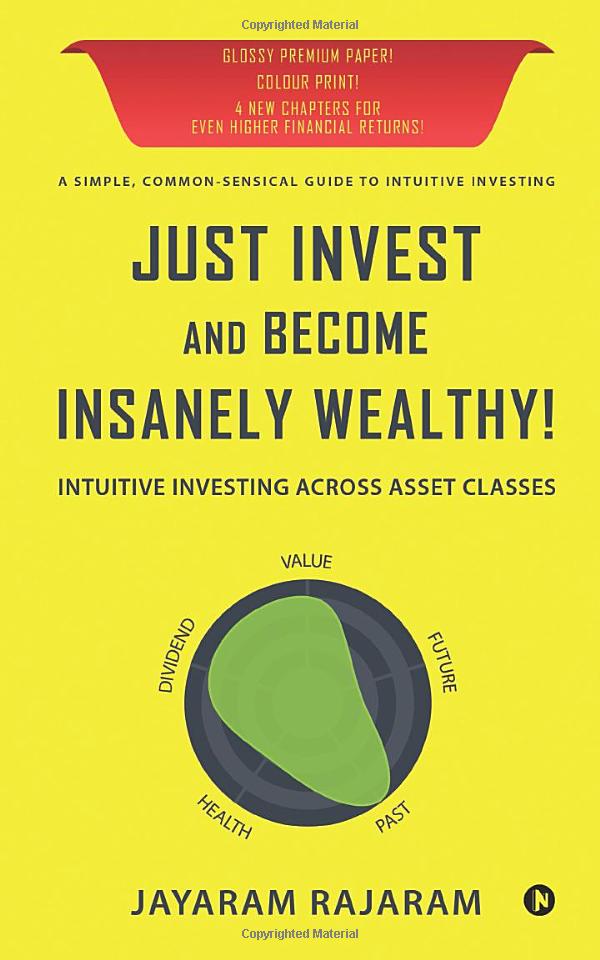
Just Invest and become Insanely Wealthy! is a book for action takers. The content inside is gold standard for those who seek to learn investing in various asset classes through intuitive, common-sensical ways. This book is as much for people who hate numbers and complexity as it is for the finance geeks, as it gives a fresh perspective on visual, systematic and intuitive investing across asset classes. Whether you like equity, real estate, gold, debt, angel investing, lease financing, invoice discounting or crowd financing, this book will teach you how you can win across asset classes. No matter how many investment books you have read, this is a must read. Please note that this book is by an Indian author and examples are given in Indian Rupees and Indian markets, but its concepts can be used no matter where you live in the world.
- The Intelligent Investor by Benjamin Graham
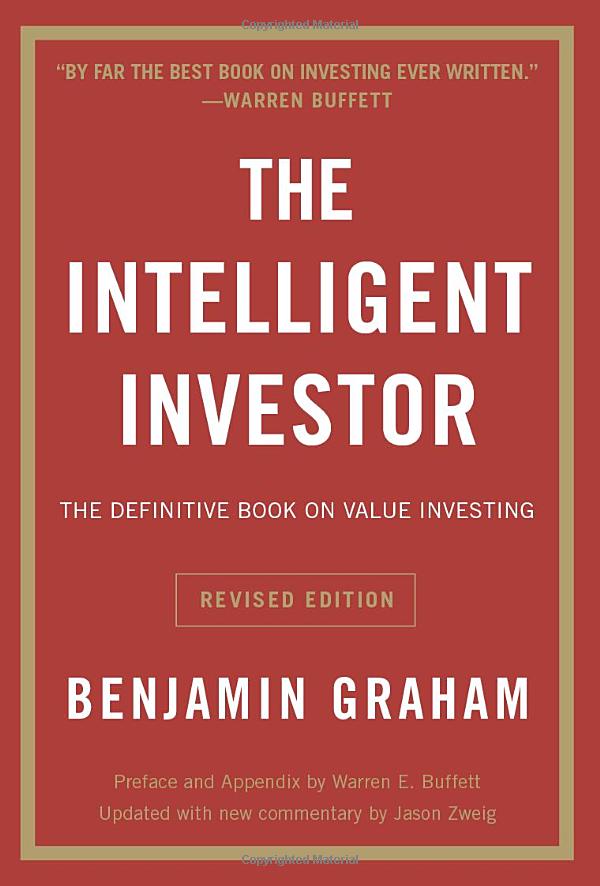
This classic book is often referred to as the “bible of value investing” and is a must-read for anyone interested in investing.
- The Essays of Warren Buffett: Lessons for Corporate America by Warren Buffett
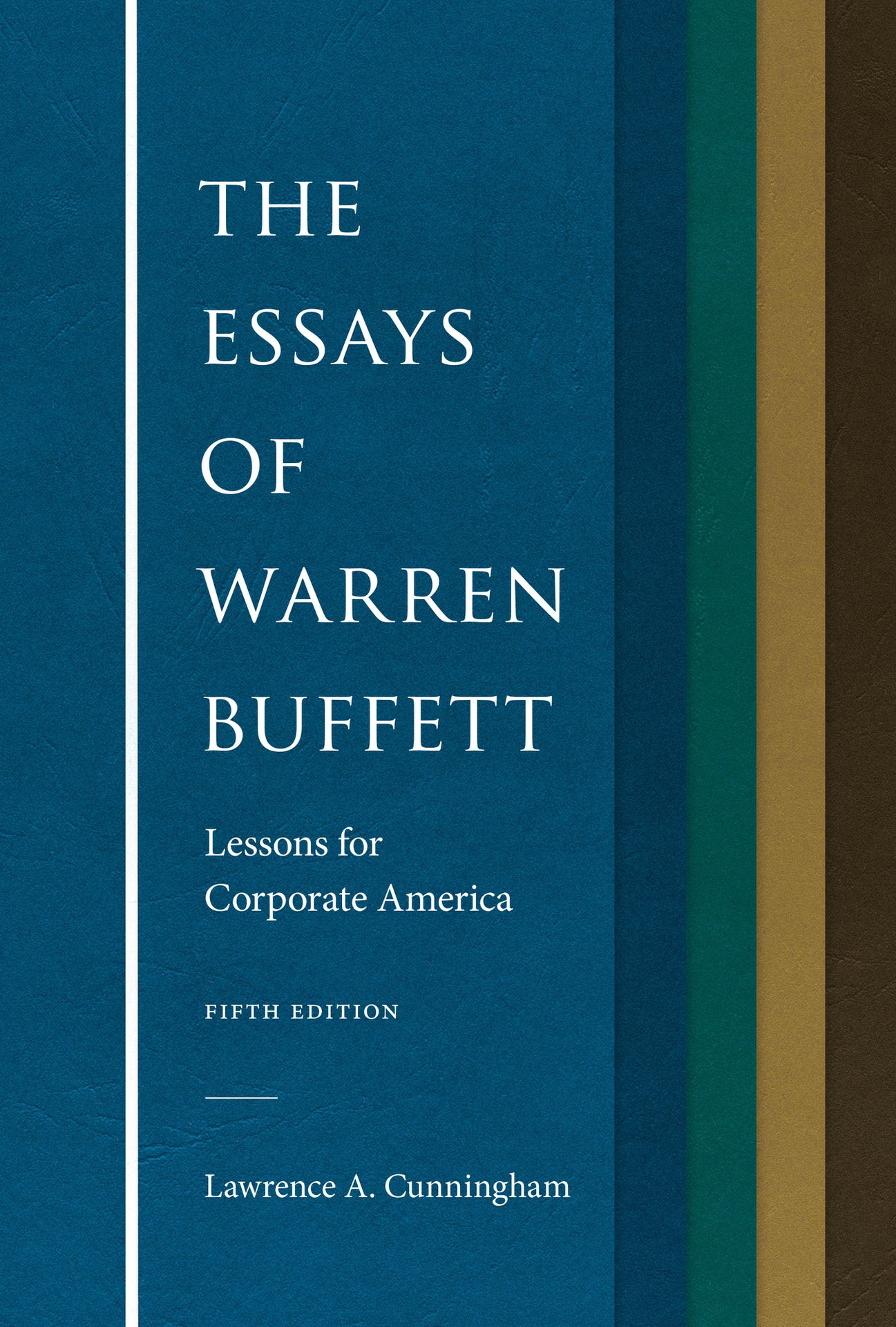
This book is a collection of letters and essays written by Warren Buffett, one of the most successful investors of all time.
- A Random Walk Down Wall Street by Burton Malkiel
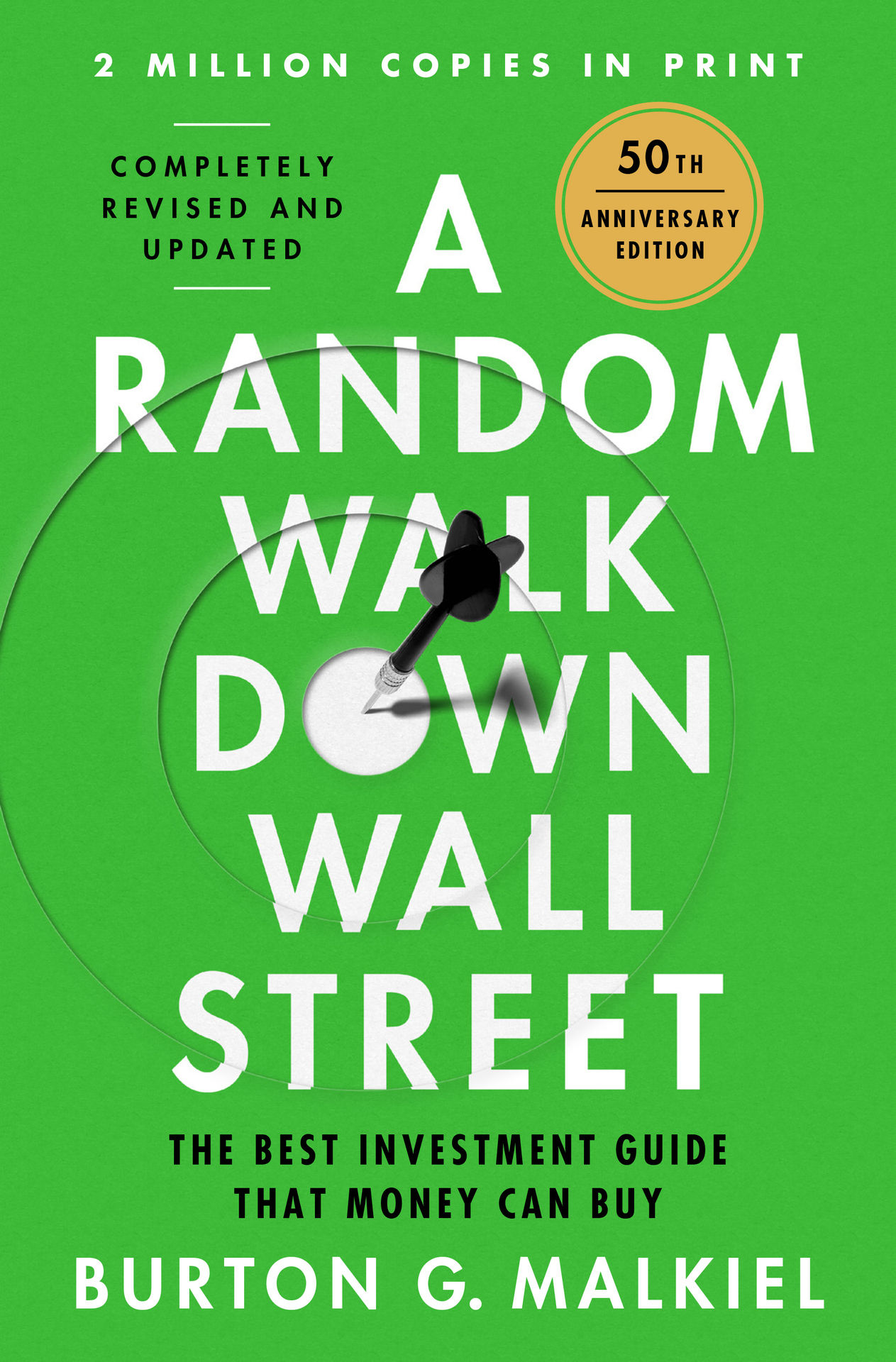
This book argues that investors are better off investing in low-cost index funds rather than trying to beat the market.
- Common Stocks and Uncommon Profits by Philip A. Fisher
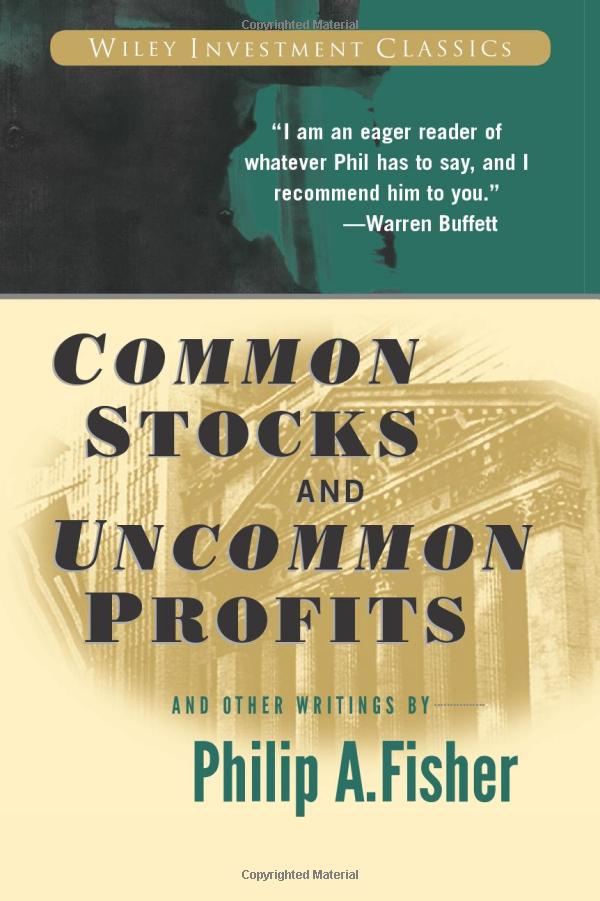
This book is a classic guide to growth investing, a strategy that focuses on finding companies with strong growth potential.
- One Up On Wall Street by Peter Lynch
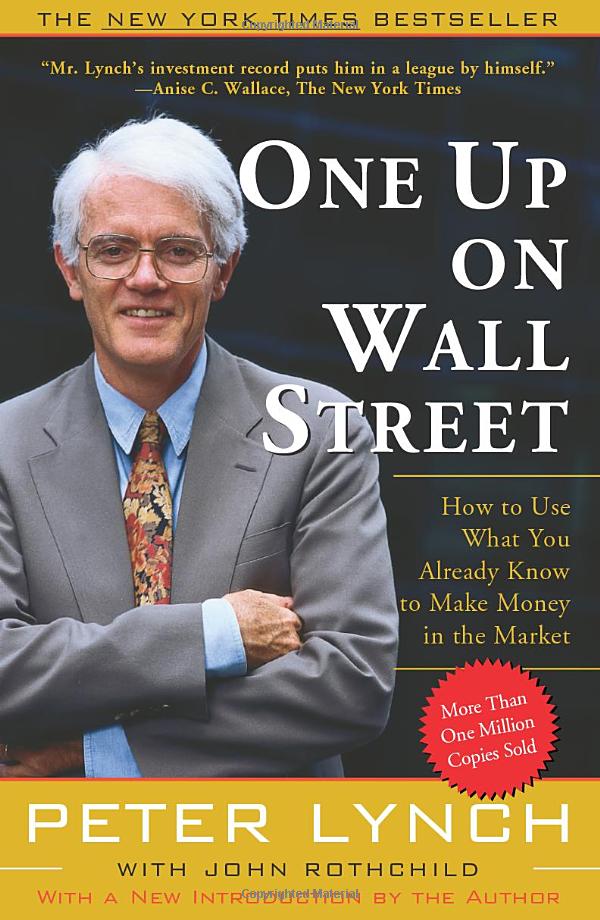
This book is a practical guide to investing that emphasizes the importance of doing your own research and investing in what you know.
- The Little Book of Common Sense Investing by John C. Bogle
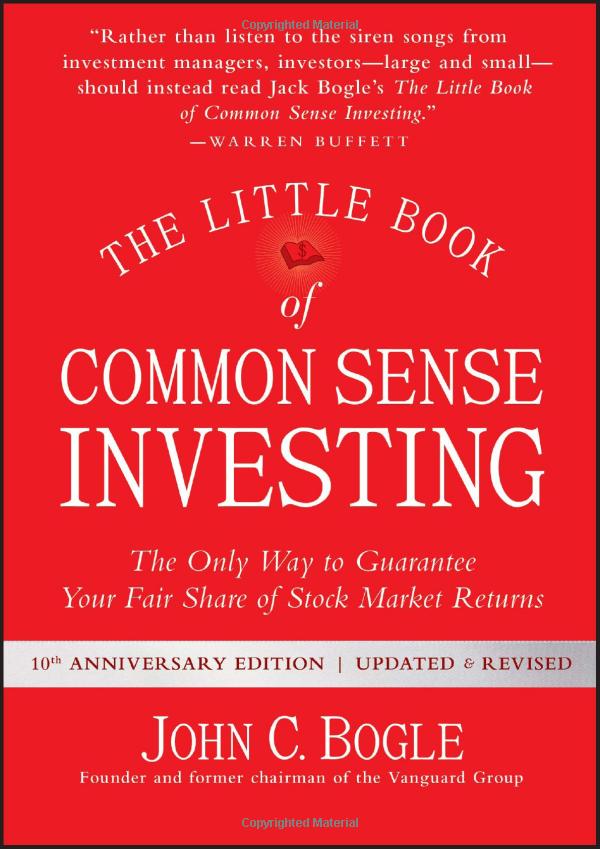
This book advocates for investing in low-cost index funds and provides practical advice for individual investors.
- The Warren Buffett Way by Robert G. Hagstrom
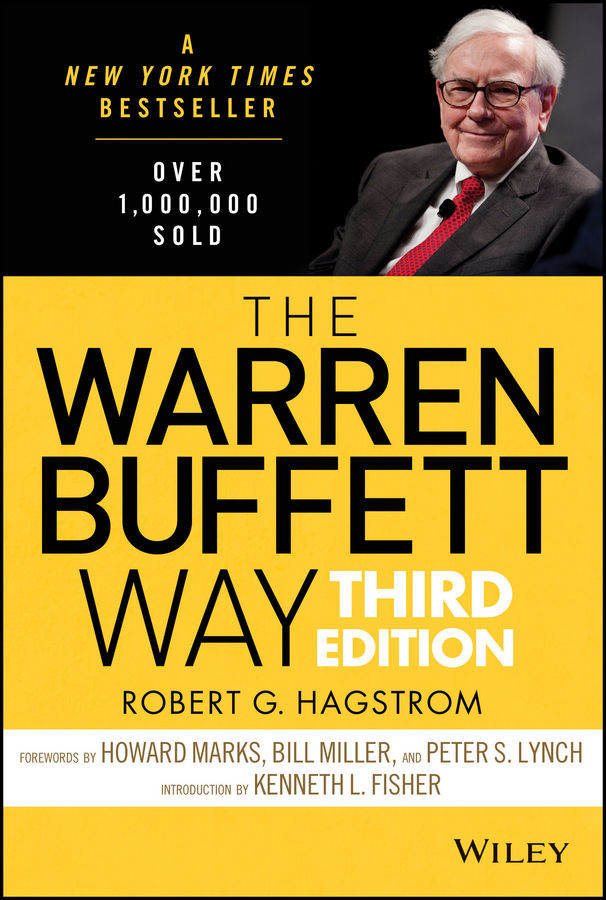
This book explores the investment philosophy and strategies of Warren Buffett, one of the most successful investors in history.
- The Psychology of Money by Morgan Housel
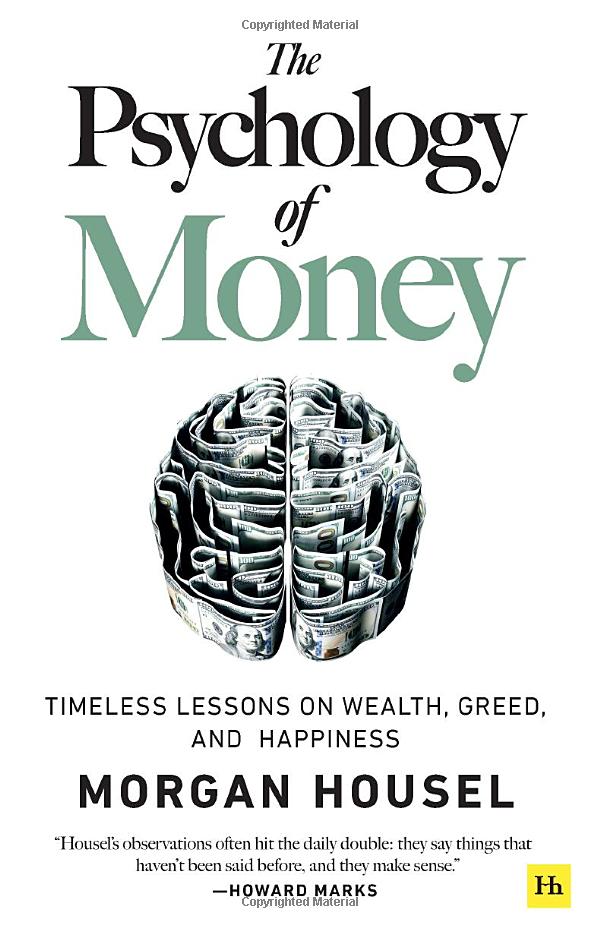
This book explores the psychology of money and how our emotions and biases can impact our investment decisions.
- The Richest Man in Babylon by George S. Clason

This classic book provides timeless lessons about personal finance and wealth-building.
- Security Analysis by Benjamin Graham and David Dodd
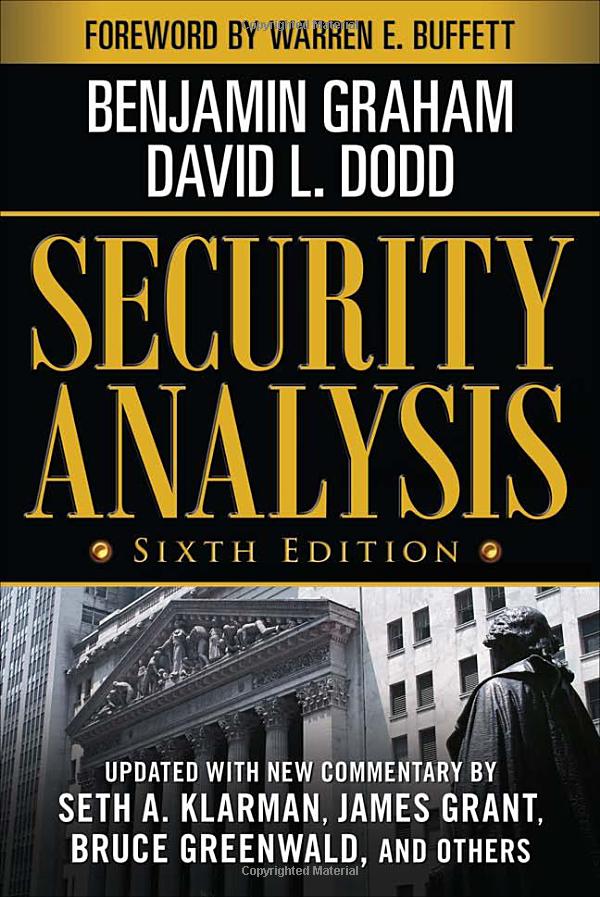
This book is a comprehensive guide to value investing and provides detailed analysis of investment strategies and techniques.
- The Bogleheads’ Guide to Investing by Taylor Larimore, Mel Lindauer, and Michael LeBoeuf
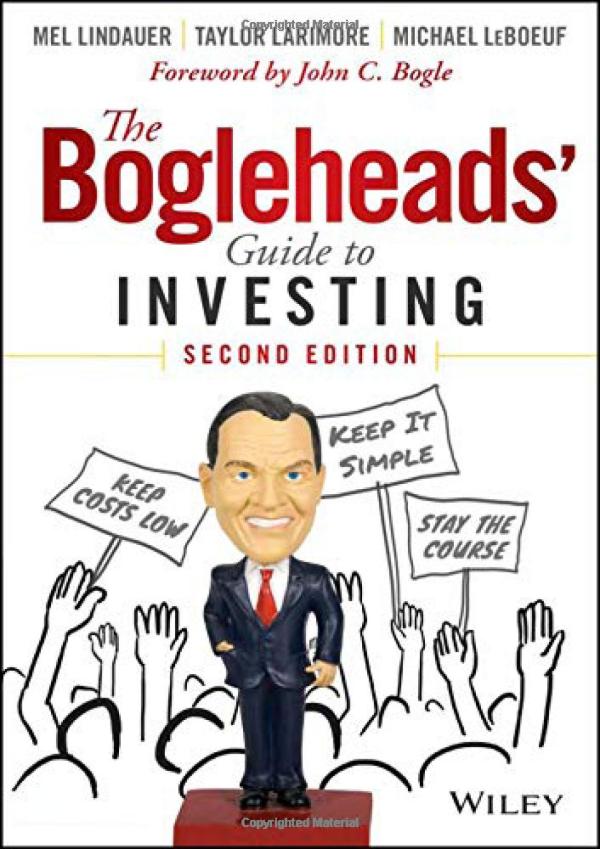
This book is a beginner’s guide to investing that covers the basics of asset allocation, diversification, and low-cost investing.
- Margin of Safety: Risk-Averse Value Investing Strategies for the Thoughtful Investor by Seth Klarman
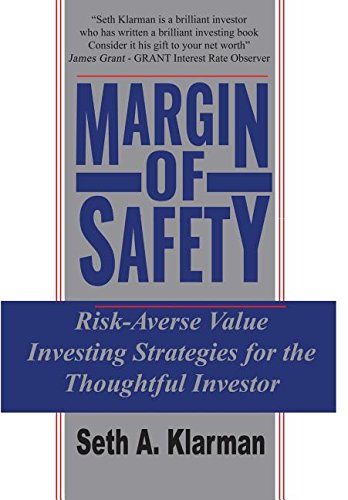
This book is a highly-regarded guide to value investing, with a focus on risk management and avoiding common mistakes.
- The Alchemy of Finance by George Soros
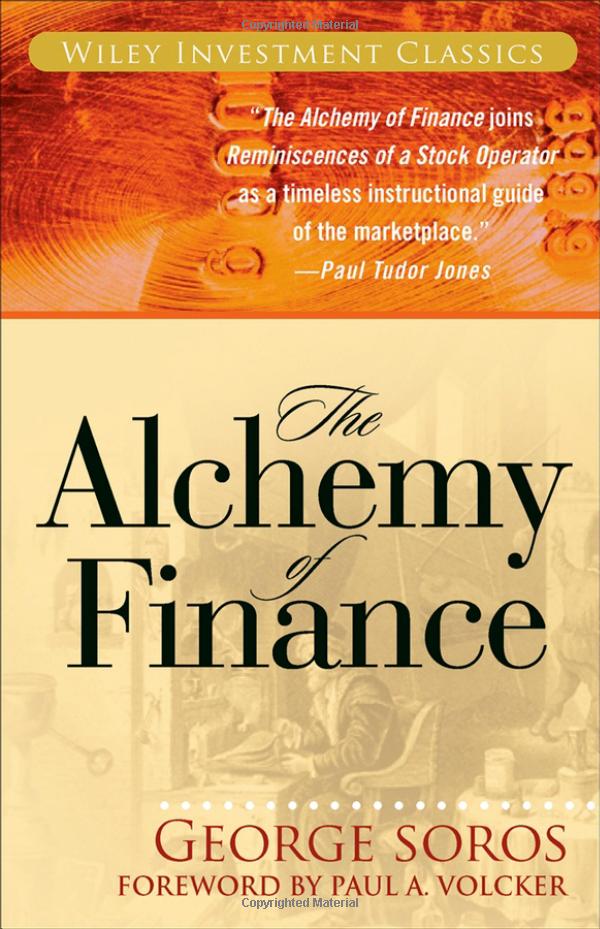
This book explores the investment philosophy and strategies of George Soros, a legendary investor and philanthropist.
- The Outsiders: Eight Unconventional CEOs and Their Radically Rational Blueprint for Success by William N. Thorndike
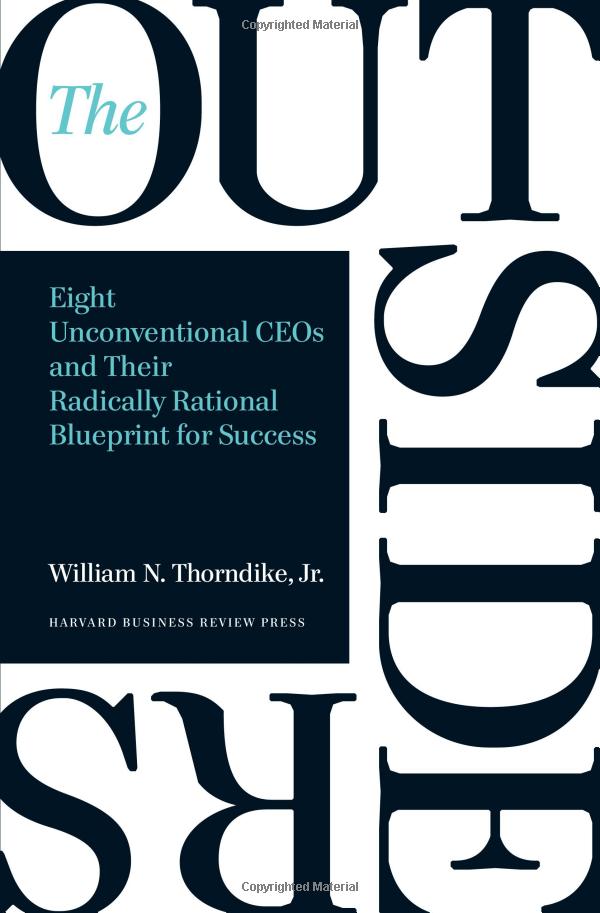
This book examines the investment strategies of eight successful CEOs who took unconventional approaches to creating shareholder value.
- The Four Pillars of Investing: Lessons for Building a Winning Portfolio by William Bernstein
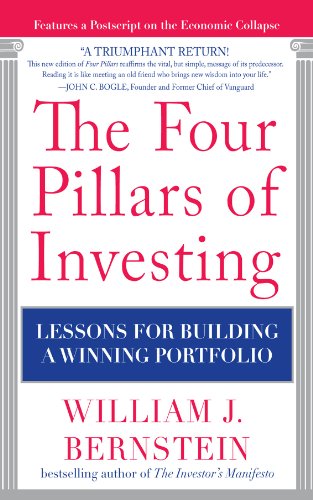
This book provides a comprehensive guide to building a successful investment portfolio that balances risk and reward.
- The Only Investment Guide You’ll Ever Need by Andrew Tobias
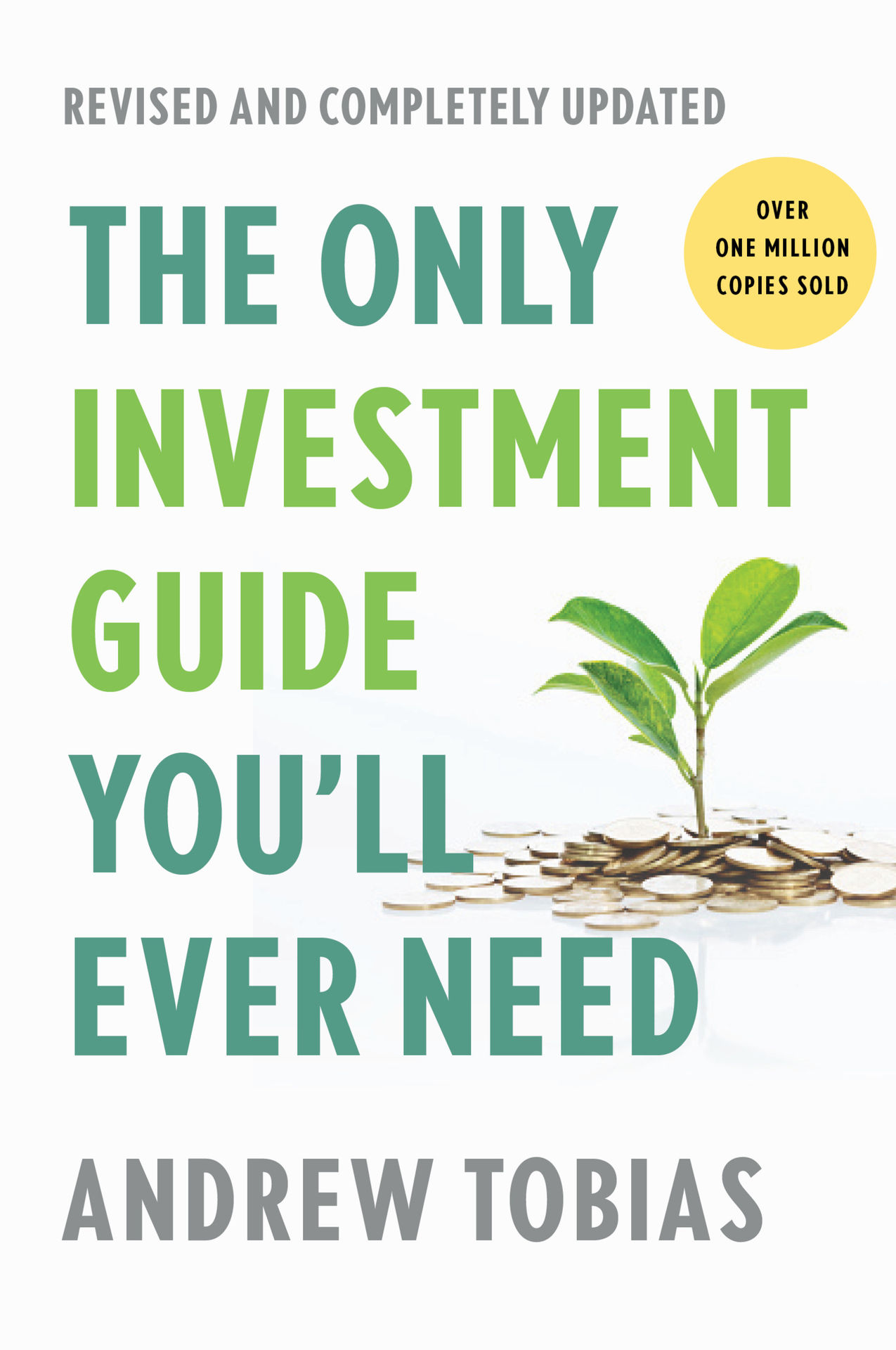
This book is a practical guide to investing that covers a wide range of investment strategies and provides advice on how to navigate the complex world of finance.
- The Millionaire Next Door: The Surprising Secrets of America’s Wealthy by Thomas J. Stanley and William D. Danko
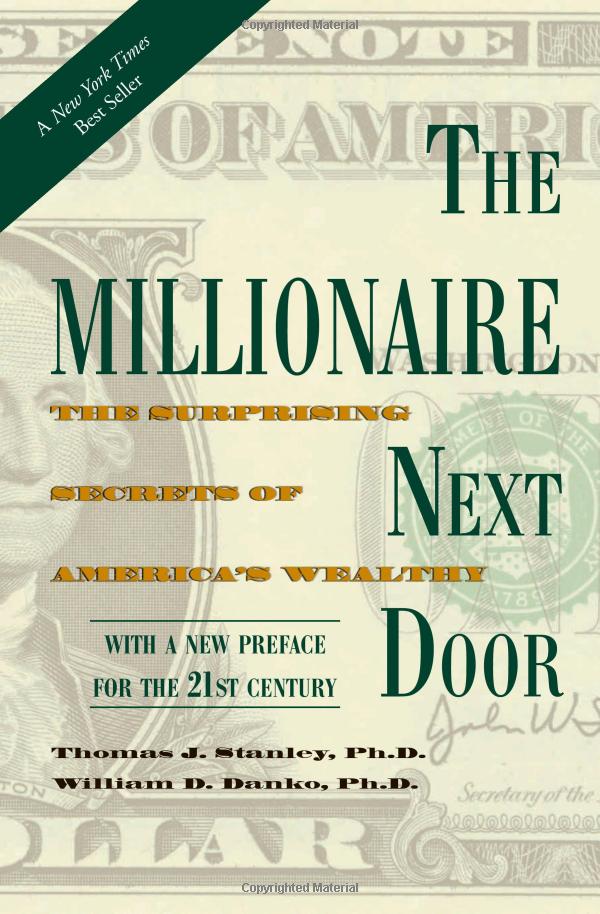
This book provides insights into the habits and behaviors of wealthy individuals and offers practical advice on how to build wealth over time.
- The Investment Answer by Daniel C. Goldie and Gordon S. Murray
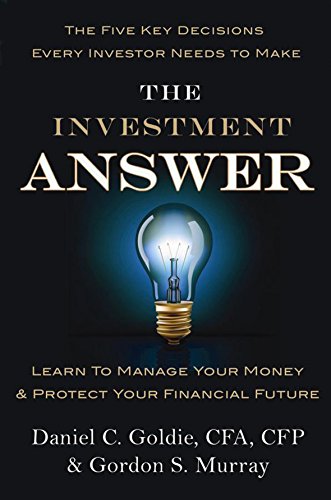
This book provides a straightforward guide to investing that emphasizes the importance of a disciplined approach and long-term thinking.
- The Little Book That Still Beats the Market by Joel Greenblatt
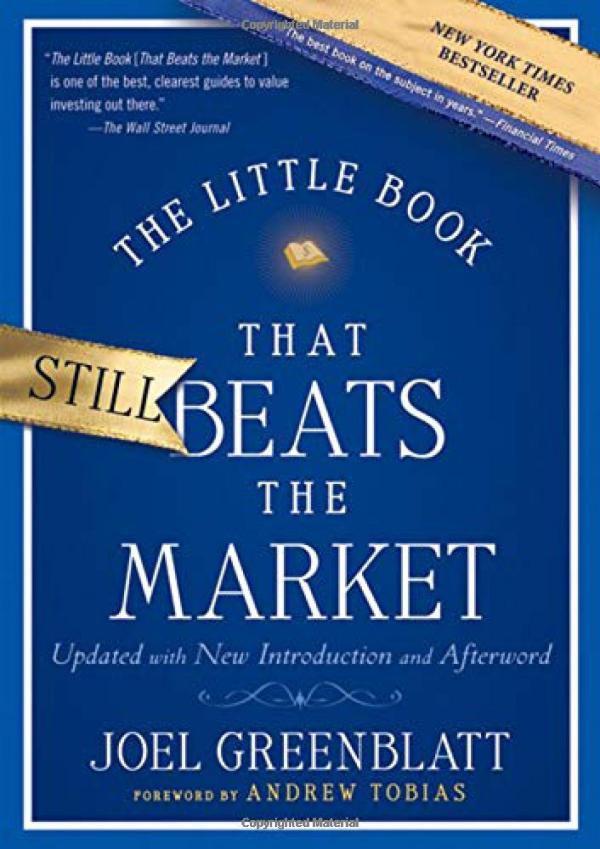
This book provides a simple, yet effective, investment strategy that focuses on buying high-quality companies at attractive prices.
- The Art of Value Investing: How the World’s Best Investors Beat the Market by John Heins and Whitney Tilson
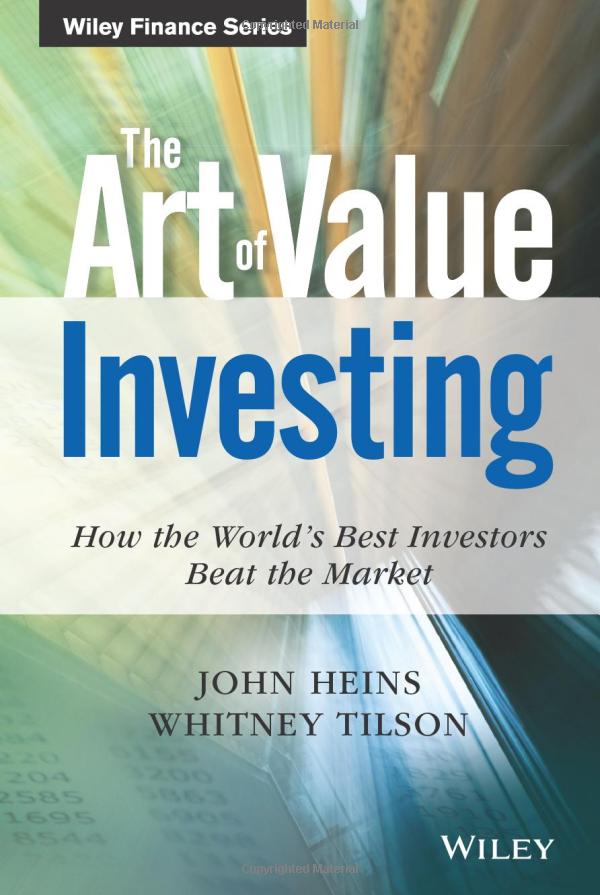
This book features insights and advice from some of the world’s most successful investors, including Warren Buffett, Charlie Munger, and Seth Klarman.
- The Investment Checklist: The Art of In-Depth Research by Michael Shearn
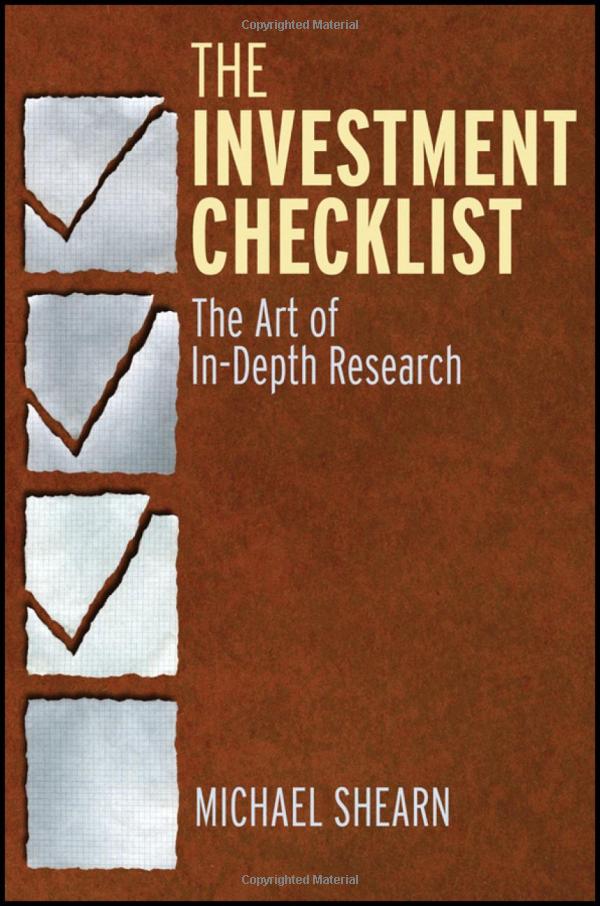
This book provides a step-by-step guide to conducting thorough investment research and identifying quality companies for investment.
- The Little Book of Value Investing by Christopher H. Browne
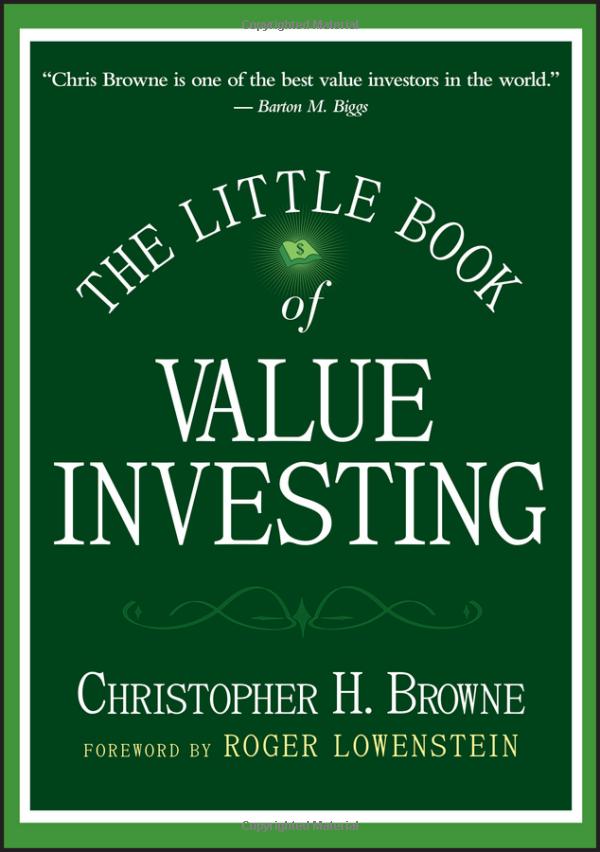
This book explains the principles of value investing and provides practical tips on how to identify undervalued stocks.
- The Most Important Thing: Uncommon Sense for the Thoughtful Investor by Howard Marks
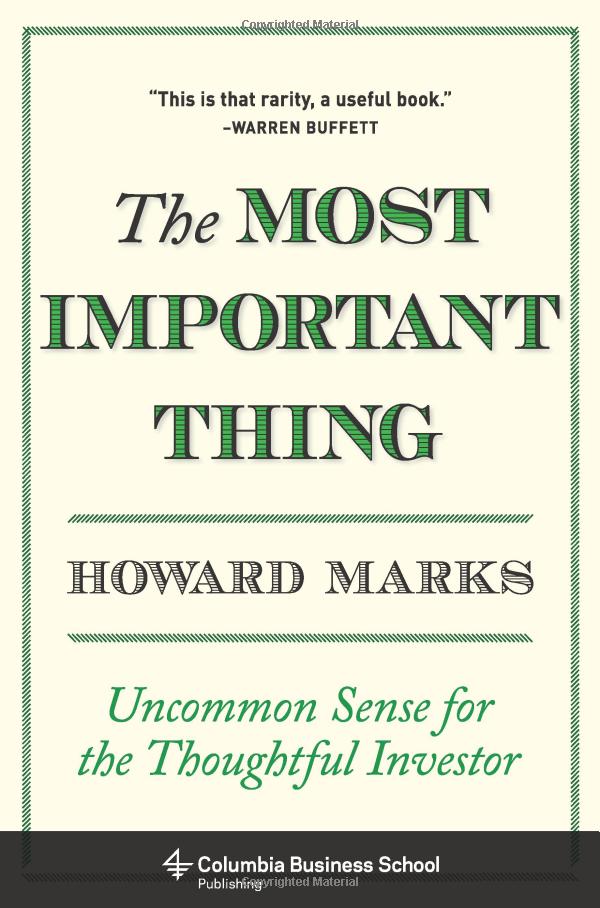
This book offers a wealth of wisdom and insights into investing, including risk management, market cycles, and the importance of having a contrarian mindset.
- Irrational Exuberance by Robert J. Shiller
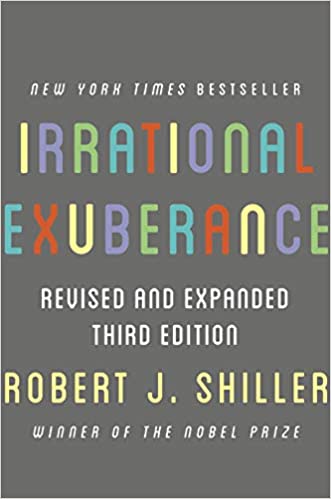
This book explores the psychological factors that drive market bubbles and crashes, and provides insights into how to spot and avoid these market inefficiencies.
- The Elements of Investing by Burton Malkiel and Charles Ellis
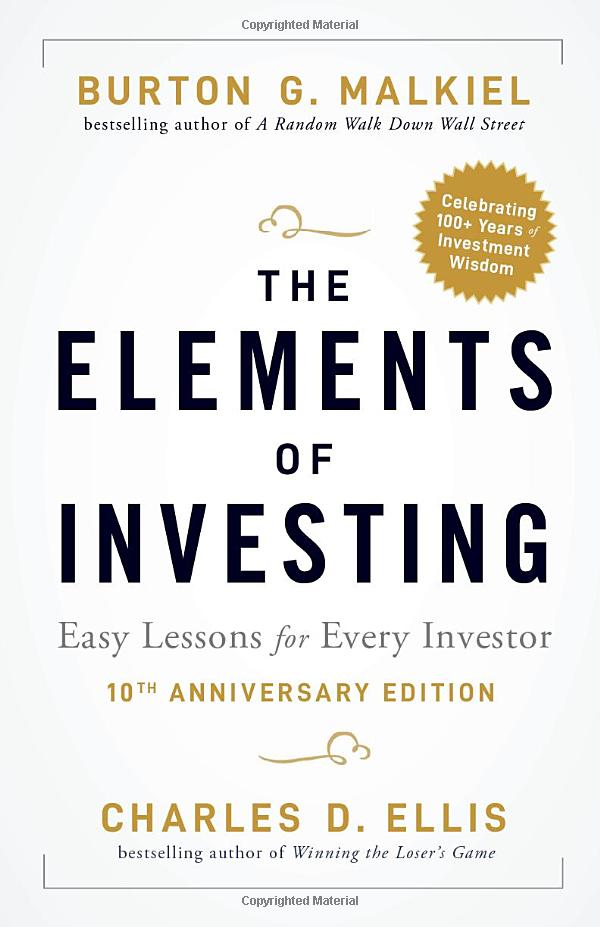
This book provides a concise overview of investing, covering topics such as asset allocation, diversification, and investment fees.
- The Tao of Warren Buffett: Warren Buffett’s Words of Wisdom by Mary Buffett and David Clark
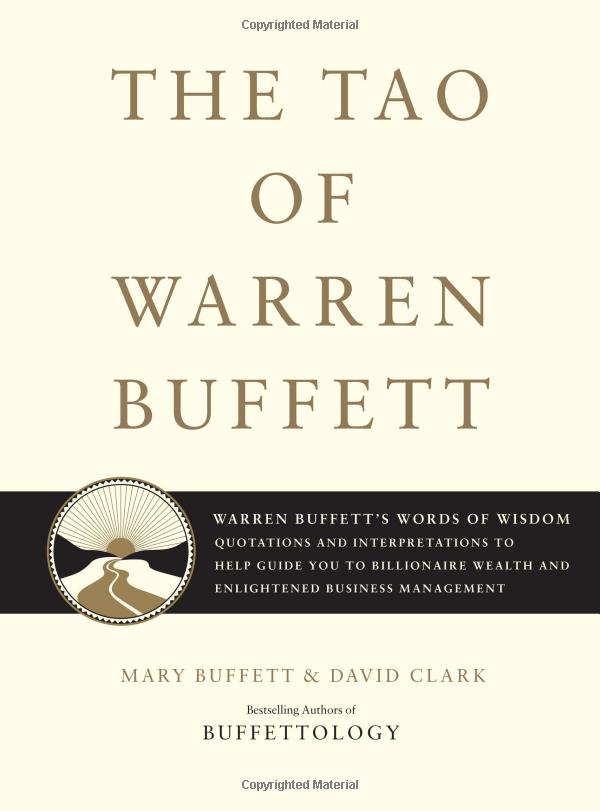
This book features insights and advice from Warren Buffett, distilled into practical lessons for investors.
- The Little Book That Builds Wealth: The Knockout Formula for Finding Great Investments by Pat Dorsey
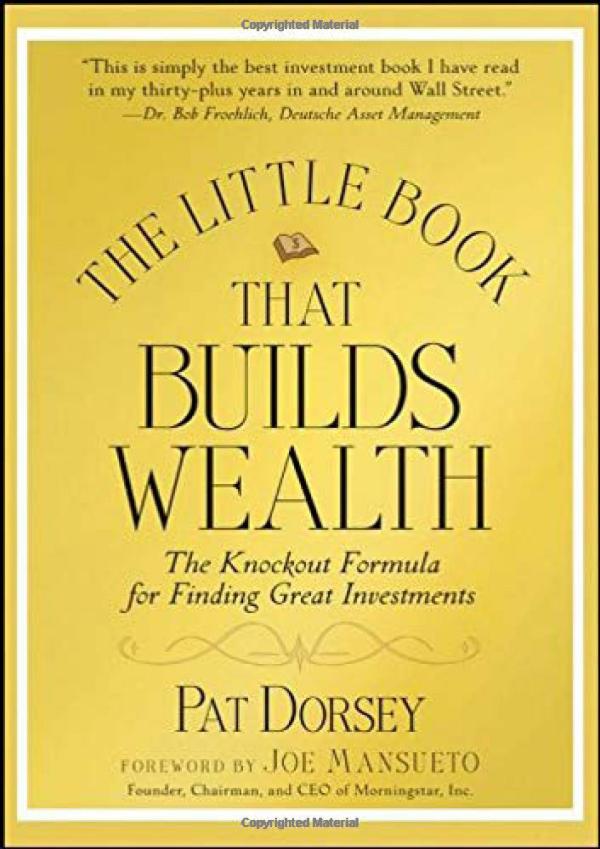
This book provides a simple, yet effective, framework for identifying high-quality companies with strong competitive advantages.
- Beating the Street by Peter Lynch
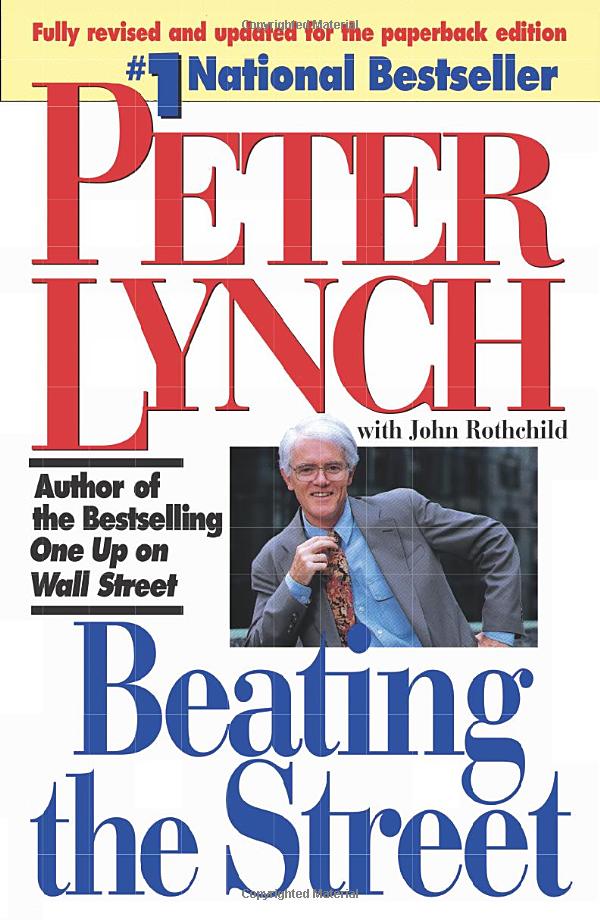
This book offers a behind-the-scenes look at the investment strategies of Peter Lynch, one of the most successful mutual fund managers in history.
- The Money Masters Of Our Time by John Train
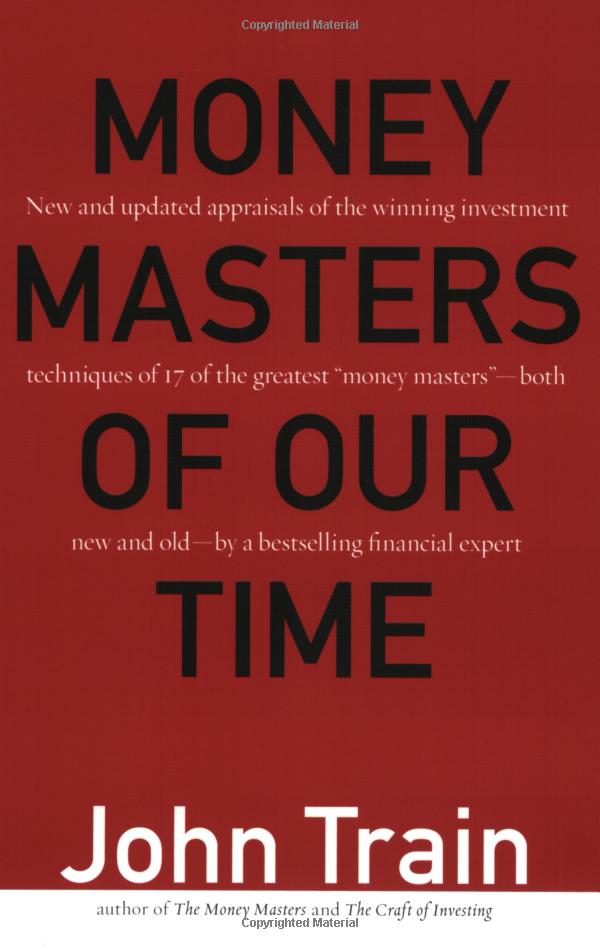
This book provides biographies of some of the most successful investors of all time, including Warren Buffett, Benjamin Graham, and Philip Fisher.
- Investing for Dummies by Eric Tyson
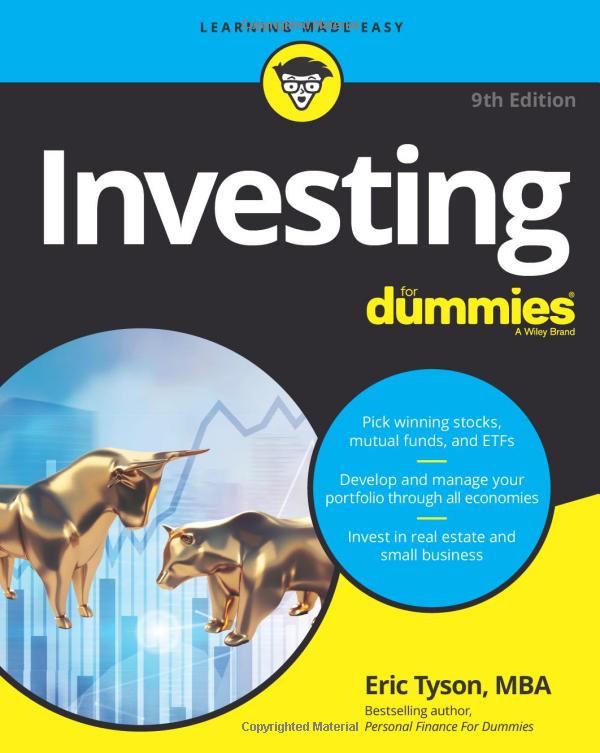
This book provides a comprehensive introduction to investing, covering topics such as stocks, bonds, mutual funds, and retirement planning.
- Rich Dad Poor Dad by Robert Kiyosaki

This book offers a unique perspective on personal finance and investing, with a focus on developing financial literacy and building passive income streams. It provides insights into the mindset and strategies of successful investors, as well as practical advice on how to take control of your financial future.
- Your Money or Your Life by Vicki Robin and Joe Dominguez
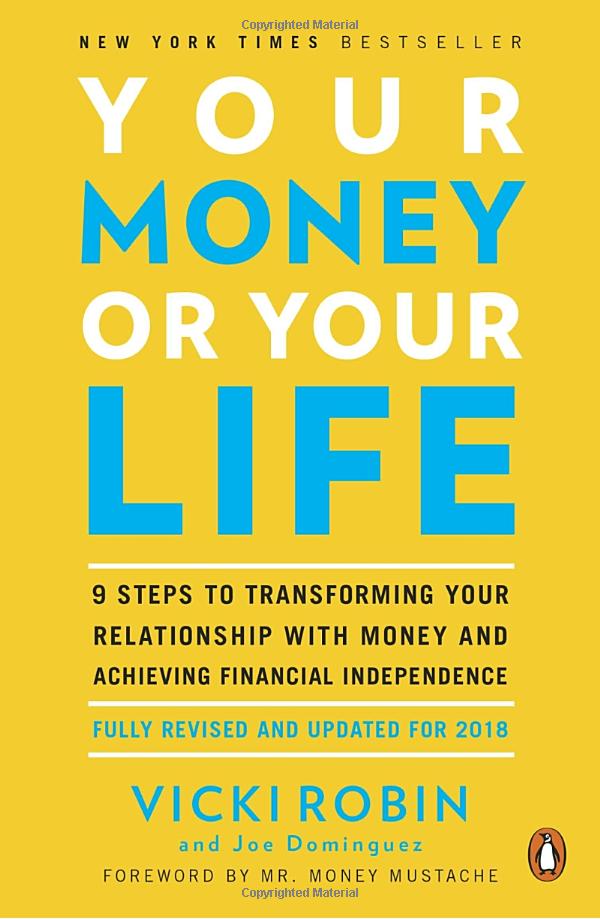
This book provides a comprehensive guide to personal finance and investing, with a focus on achieving financial independence and living a fulfilling life.
- The Dhandho Investor by Mohnish Pabrai
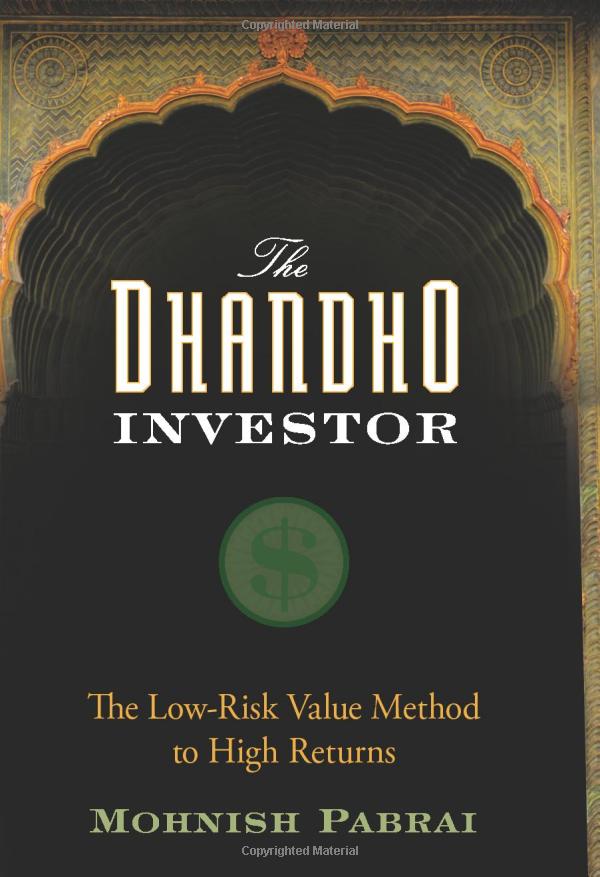
The Low-Risk Value Method to High Returns by Mohnish Pabrai – This book presents an investment strategy based on the principles of value investing, with a focus on identifying undervalued companies with strong long-term prospects.
- The End of Alchemy: Money, Banking, and the Future of the Global Economy by Mervyn King
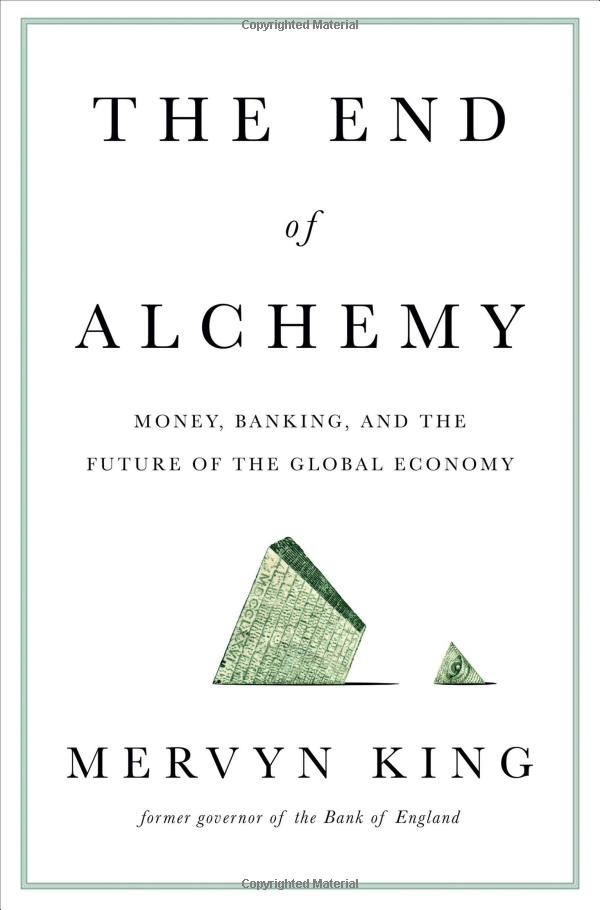
This book offers a critical examination of the current monetary system and proposes reforms aimed at promoting greater stability and resilience in the global economy.
- I Will Teach You to Be Rich by Ramit Sethi
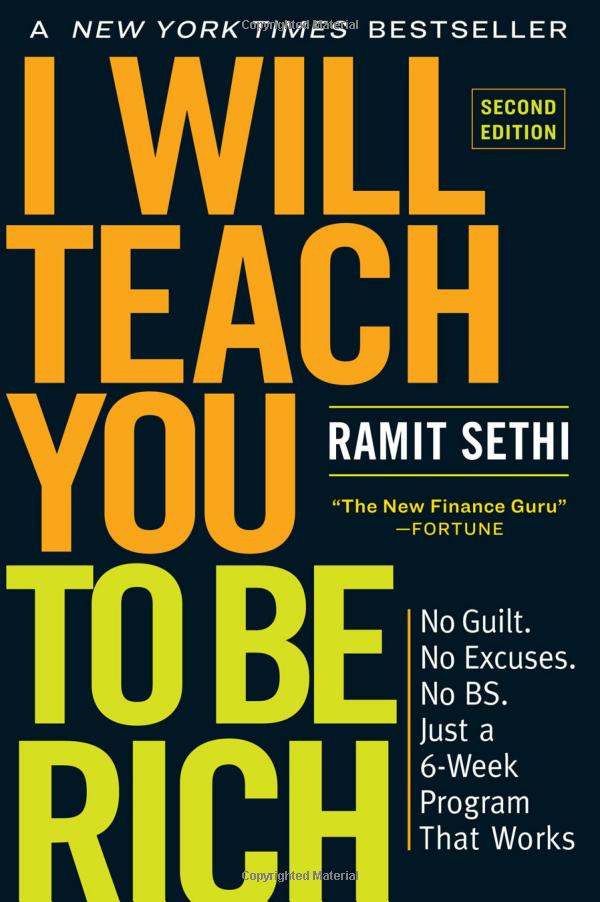
This book provides a practical, no-nonsense guide to personal finance, covering topics such as saving, budgeting, investing, and earning more money.
- The Millionaire Fastlane: Crack the Code to Wealth and Live Rich for a Lifetime! by MJ DeMarco
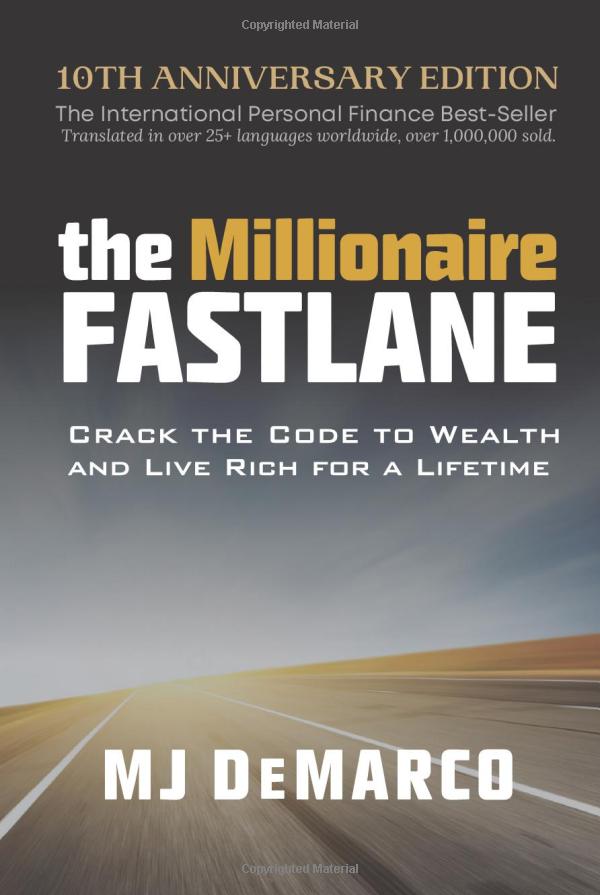
This book challenges traditional ideas about wealth and offers a blueprint for building wealth quickly by starting a successful business or investing in high-growth opportunities.
- The Simple Dollar: How One Man Wiped Out His Debts and Achieved the Life of His Dreams by Trent Hamm
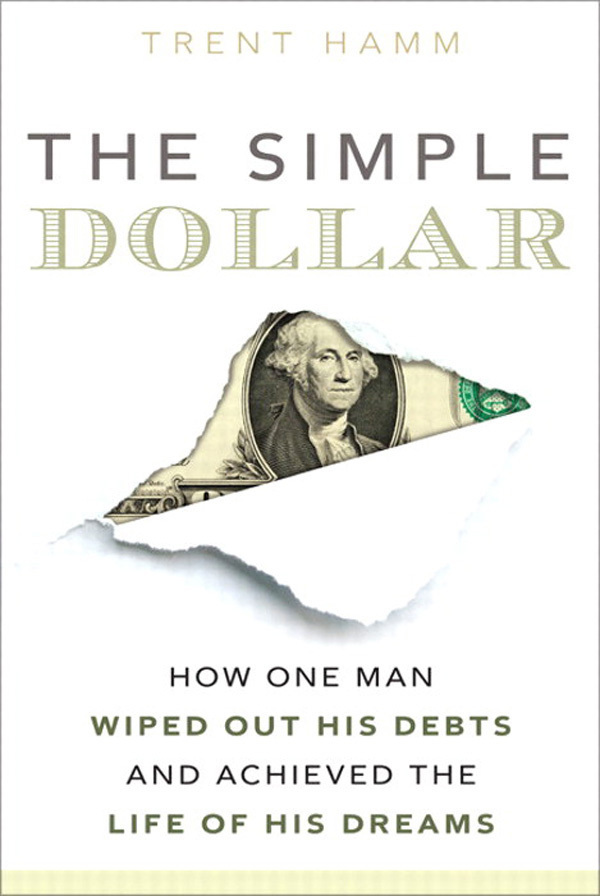
This book shares the author’s personal finance journey and offers practical tips and advice for achieving financial independence.
- Money Master the Game: 7 Simple Steps to Financial Freedom by Tony Robbins
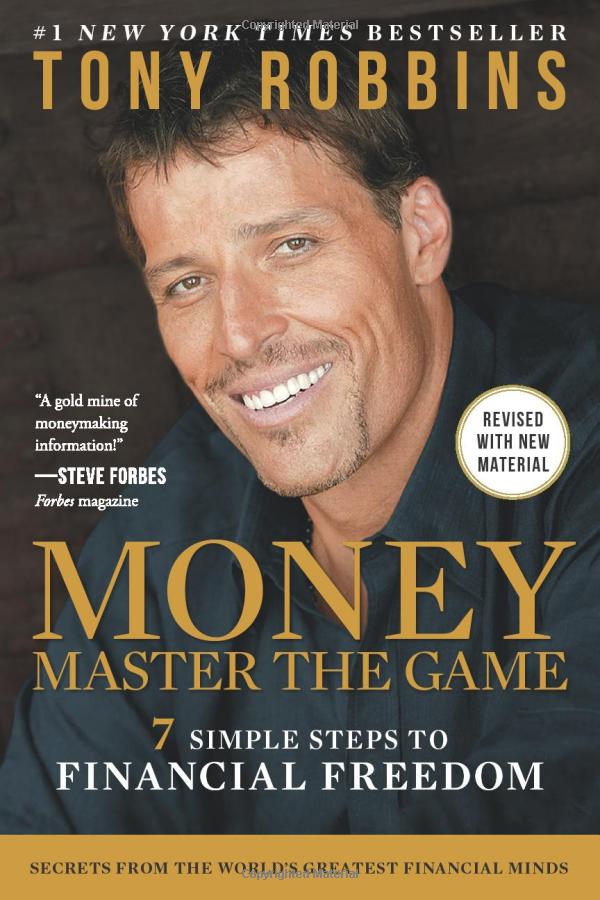
This book provides a comprehensive guide to personal finance and investing, with a focus on building a long-term investment portfolio.
- The Automatic Millionaire: A Powerful One-Step Plan to Live and Finish Rich by David Bach
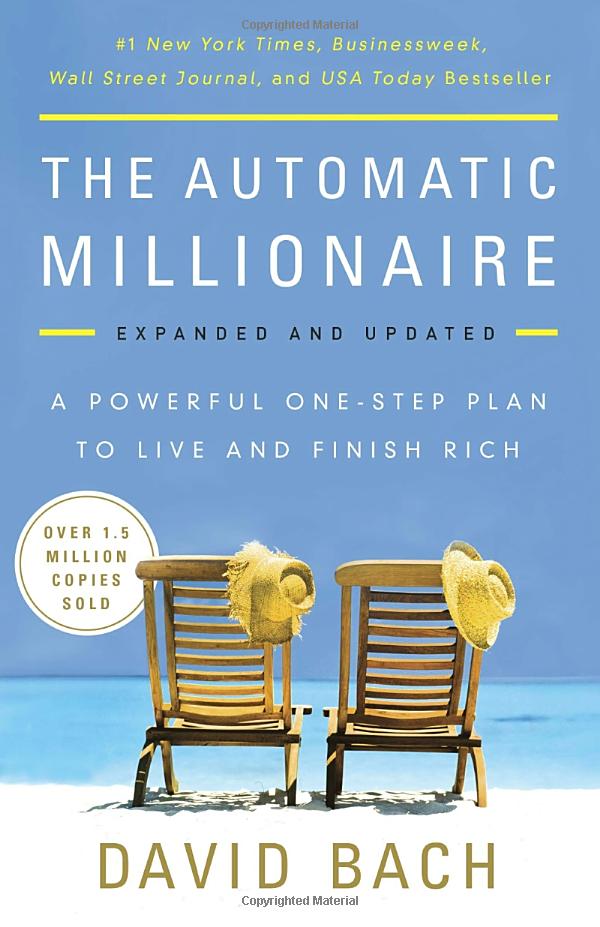
This book offers a simple plan for achieving financial independence, with a focus on automating savings and investment strategies.
- The Total Money Makeover: A Proven Plan for Financial Fitness by Dave Ramsey
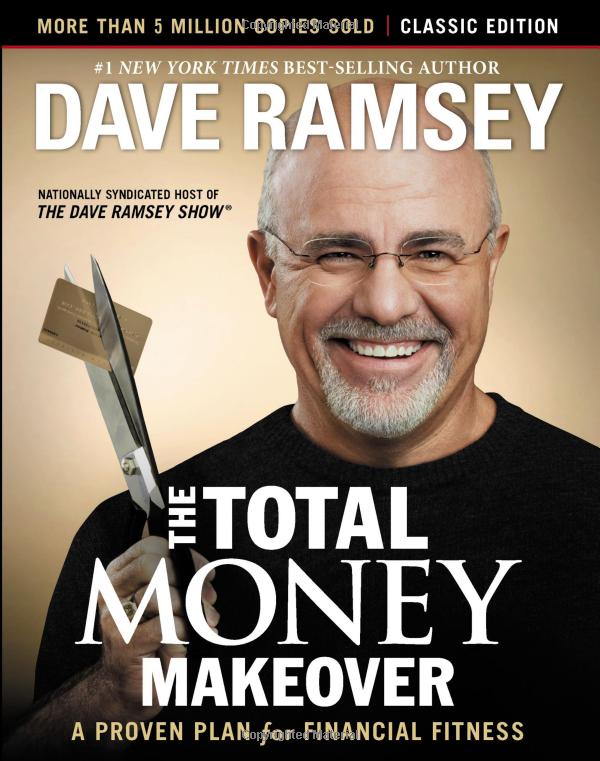
This book offers a step-by-step plan for achieving financial independence and freedom, with a focus on paying off debt, building an emergency fund, and investing for the future.
- Why Didn’t They Teach Me This in School?: 99 Personal Money Management Principles to Live By by Cary Siegel
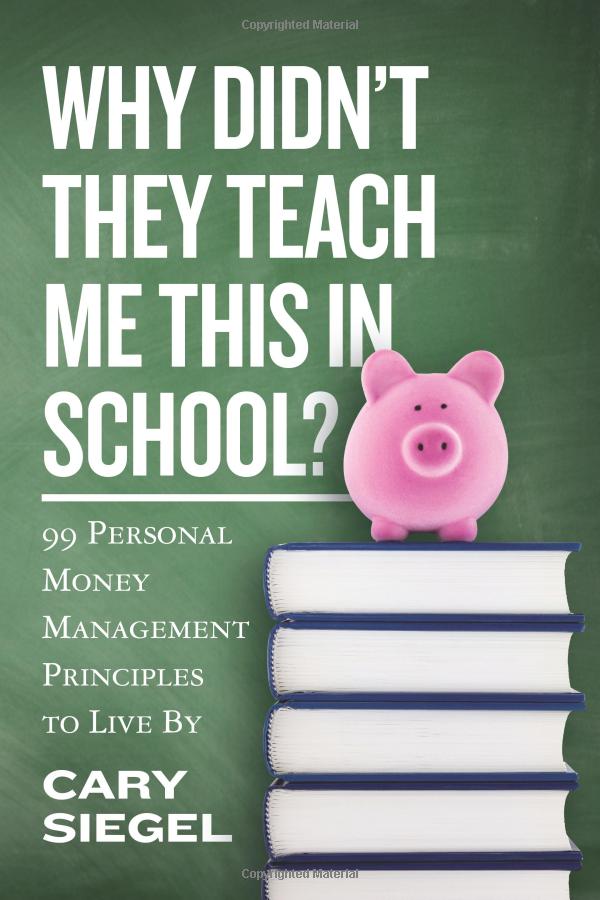
This book offers practical advice and guidance on personal finance and investing, covering topics such as budgeting, saving, investing, and credit management.
- The Psychology of Investing by John R. Nofsinger

This book explores the behavioral and psychological factors that can impact investment decisions, and offers insights into how to develop a more disciplined and rational approach to investing.
- Think and Grow Rich by Napoleon Hill
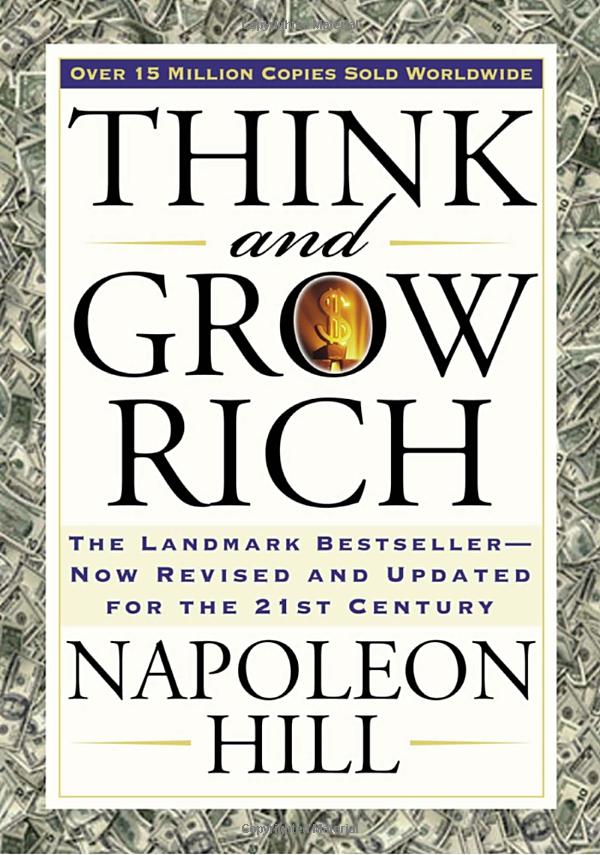
This book offers practical advice and insights on how to achieve financial success and abundance by developing a positive mindset and taking action.
- The Simple Path to Wealth by JL Collins
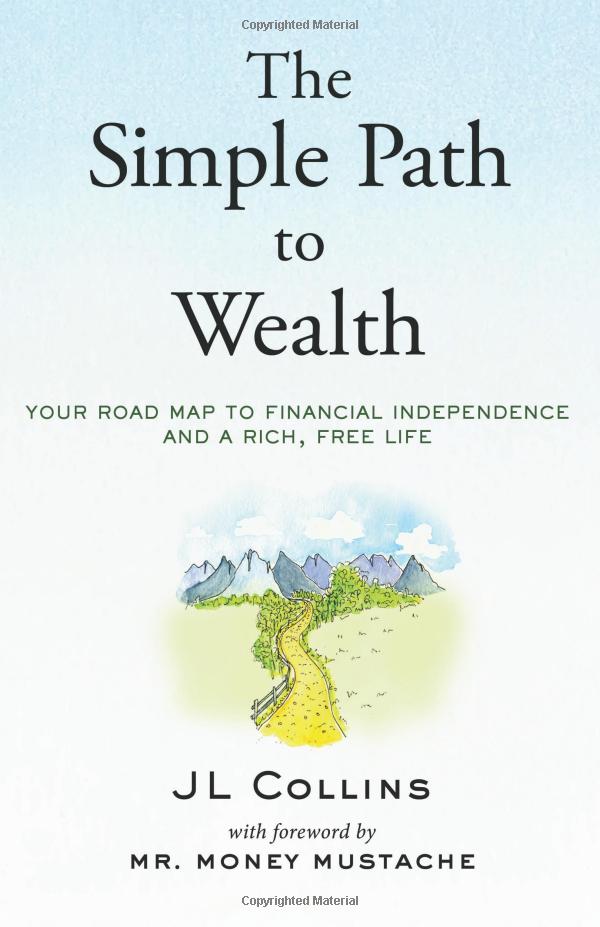
This book offers a simple, no-nonsense guide to personal finance and investing, with a focus on low-cost index fund investing.
- The Coffeehouse Investor by Bill Schultheis
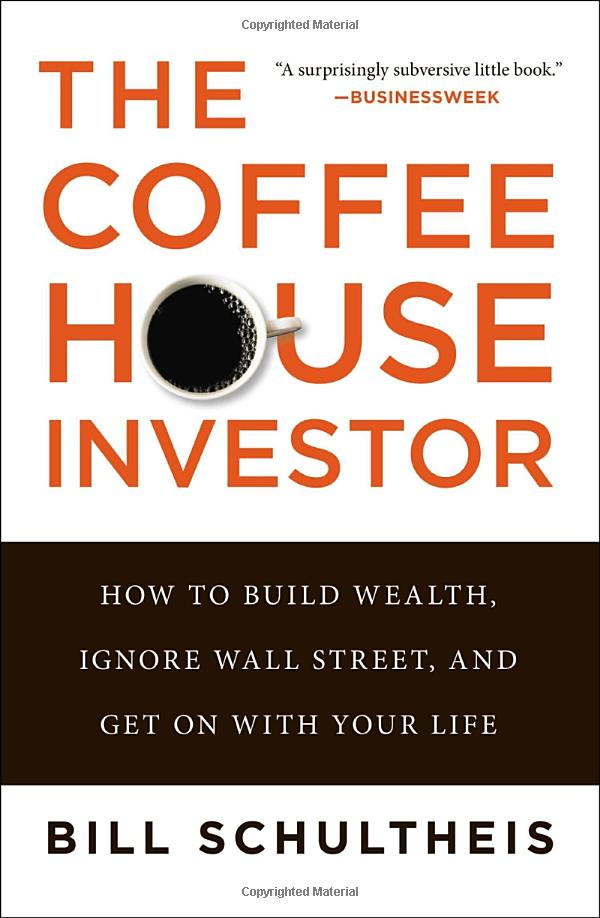
This book offers a simple, yet effective investment strategy that emphasizes low-cost index fund investing and a long-term approach.
- The 7 Habits of Highly Effective People by Stephen R. Covey
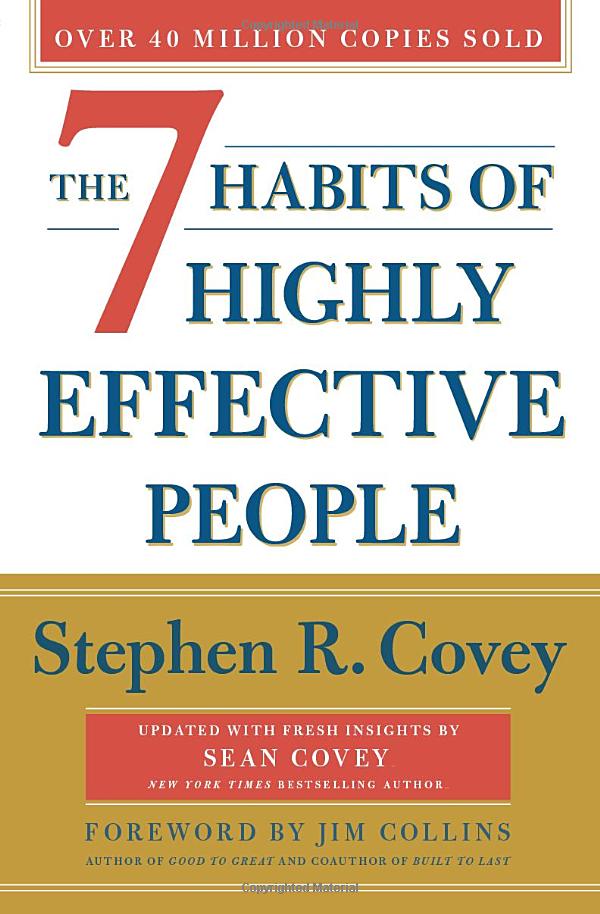
While not specifically about personal finance or investing, this classic self-help book offers insights into personal effectiveness and success that can be applied to all areas of life.
- Coffee Can Investing by Saurabh Mukherje
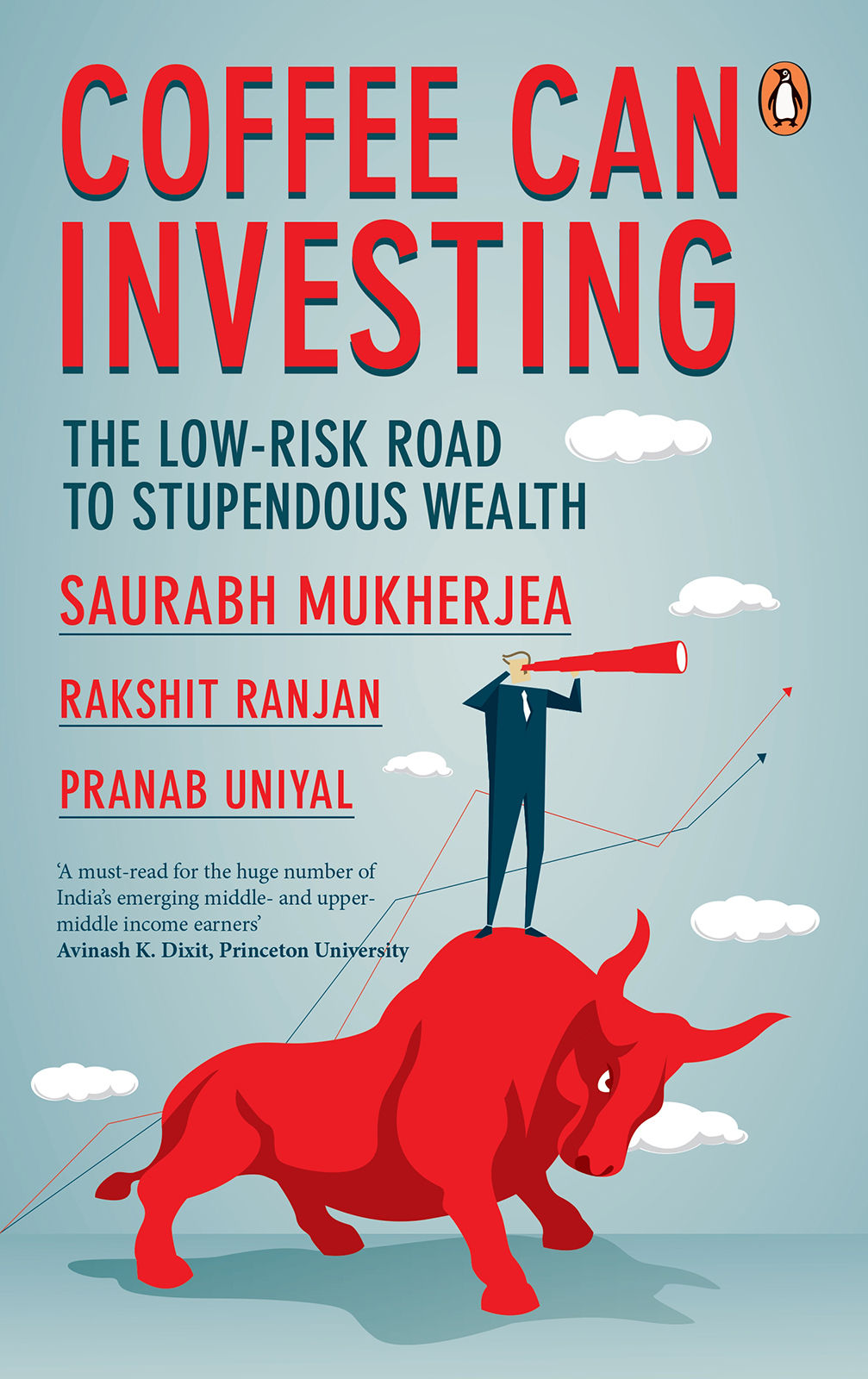
This book offers a unique perspective on long-term investing and advocates for a concentrated, buy-and-hold approach to investing in high-quality businesses. It has received positive reviews for its clear writing style and practical insights into value investing.
- The Millionaire Real Estate Investor by Gary Keller
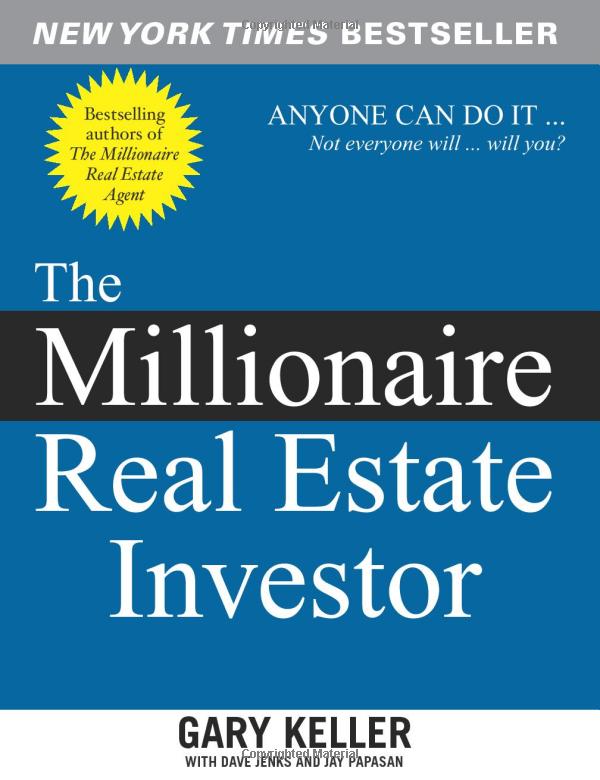
This book provides a comprehensive guide to building wealth through real estate investing, with practical advice on everything from finding deals to managing properties.
- Rich Dad’s Cashflow Quadrant by Robert Kiyosaki
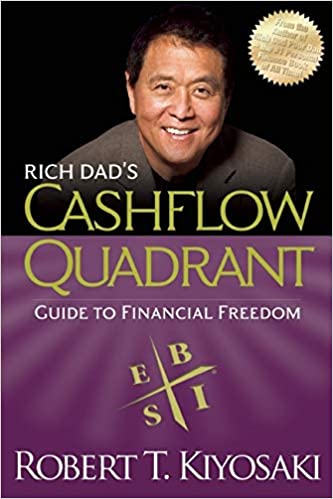
While not specifically about real estate investing, this book offers insights into building wealth through passive income streams, including real estate investing.
- The Book on Rental Property Investing by Brandon Turner
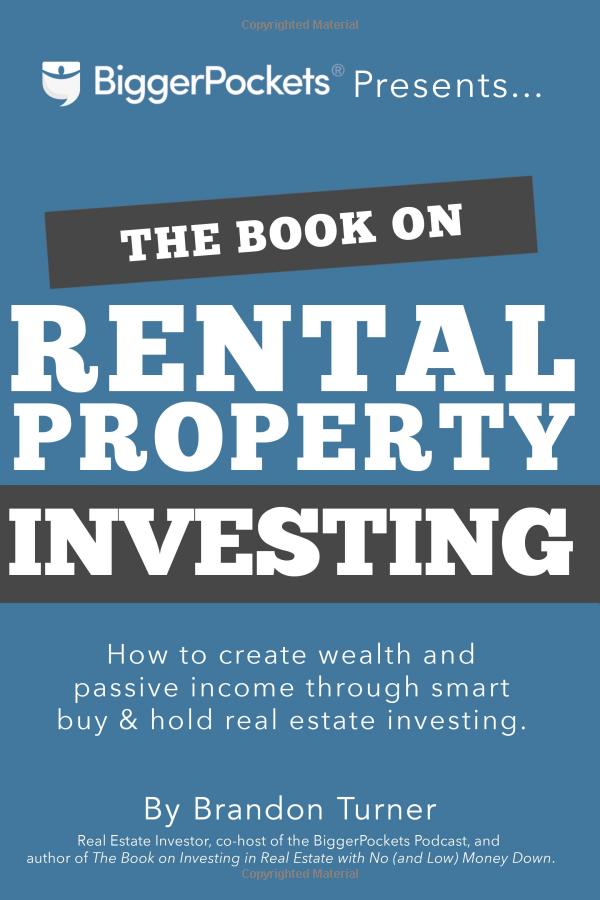
This book provides a step-by-step guide to investing in rental properties, covering everything from finding properties to financing deals.
- The ABCs of Real Estate Investing by Ken McElroy
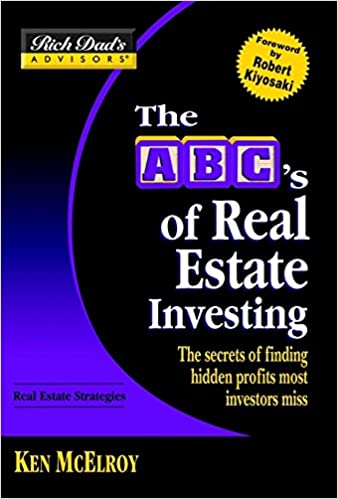
This book offers a practical guide to investing in real estate, covering topics such as property management, financing, and deal analysis.
- The Complete Guide to Real Estate Investing by Steve Berges
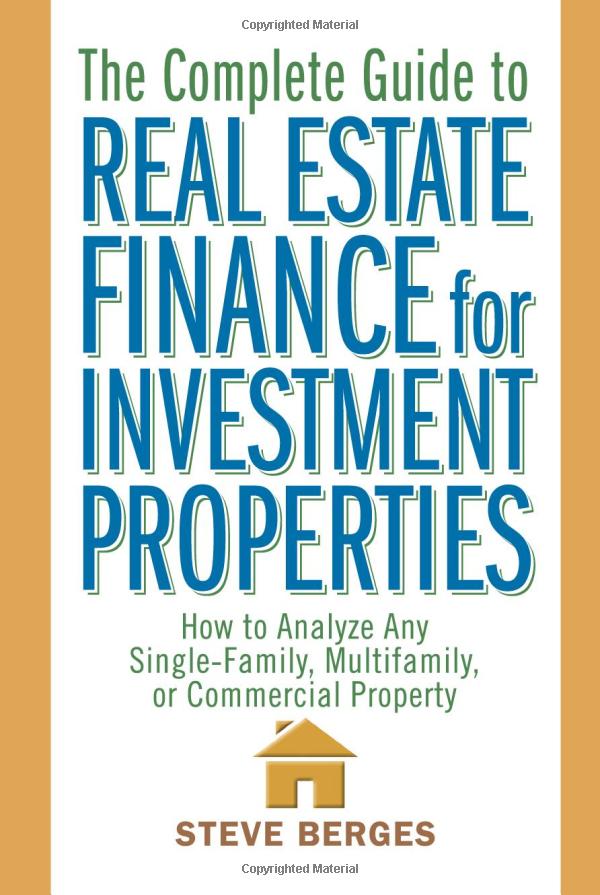
This book provides a comprehensive overview of real estate investing, covering topics such as market analysis, financing, and property management.
- Mastering The Art of Commercial Real Estate Investing by Doug Marshall
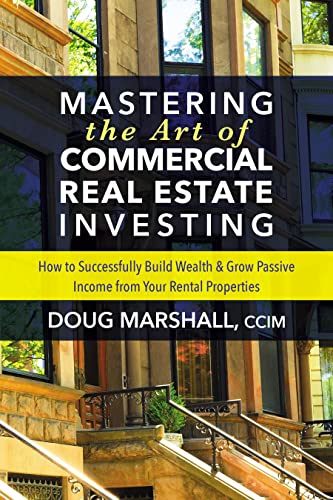
This book offers insights into the world of commercial real estate investing, with practical advice on everything from analyzing deals to negotiating contracts.
- Real Estate Investing for Dummies by Eric Tyson and Robert S. Griswold
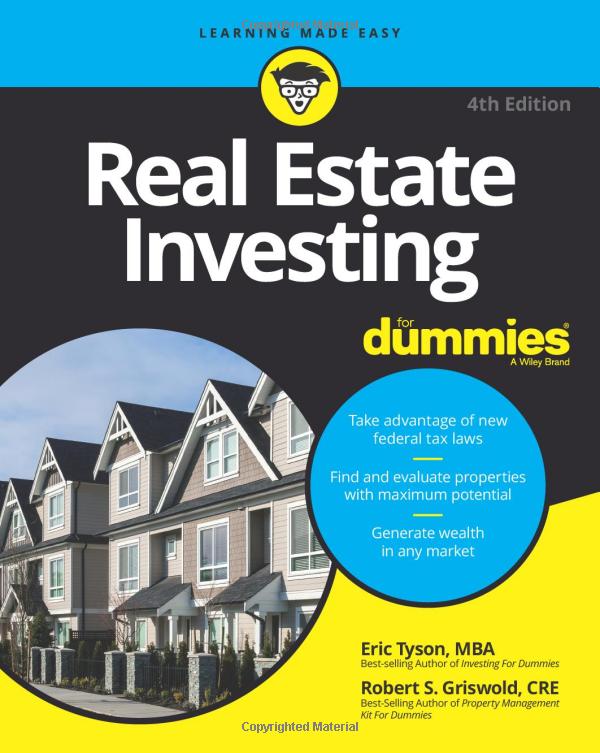
This book provides a beginner-friendly introduction to real estate investing, covering topics such as financing, property management, and tax implications.
- What Every Real Estate Investor Needs to Know About Cash Flow… And 36 Other Key Financial Measures by Frank Gallinelli
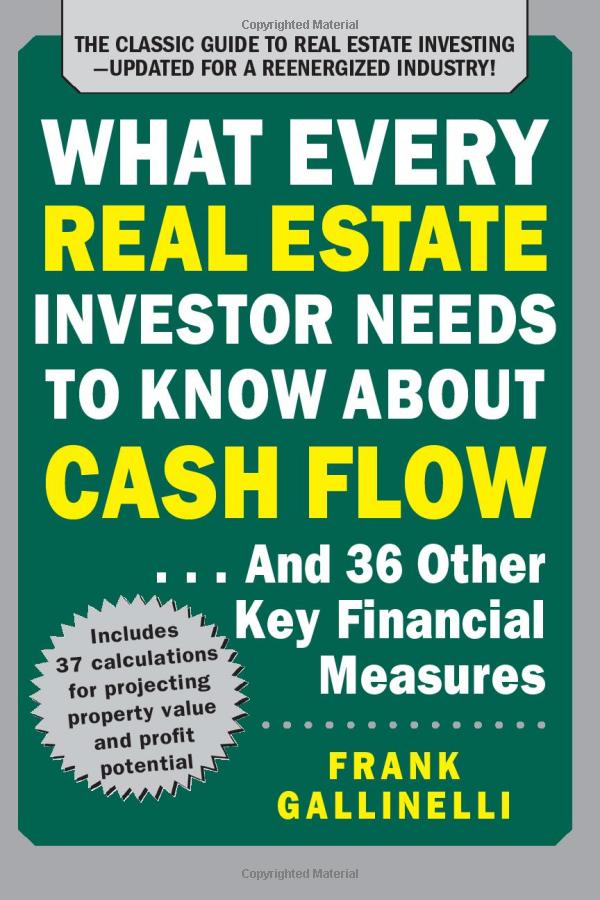
This book offers a comprehensive guide to understanding financial metrics in real estate investing, with practical advice on analyzing deals and maximizing returns.
- Investing in Real Estate by Andrew James McLean and Gary W. Eldred
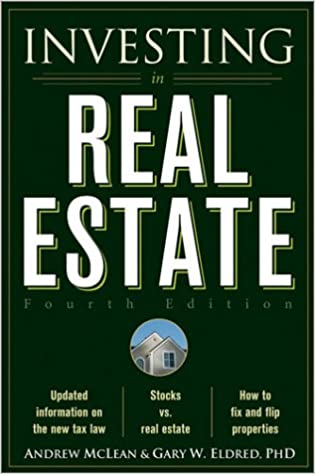
This book provides a practical guide to real estate investing, with an emphasis on creating long-term wealth through strategic investments. - Buy It, Rent It, Profit! by Bryan M. Chavis

This book provides a comprehensive guide to investing in rental properties, covering everything from finding properties to managing tenants and maximizing profits.
- The Manual of Ideas by John Mihaljevic
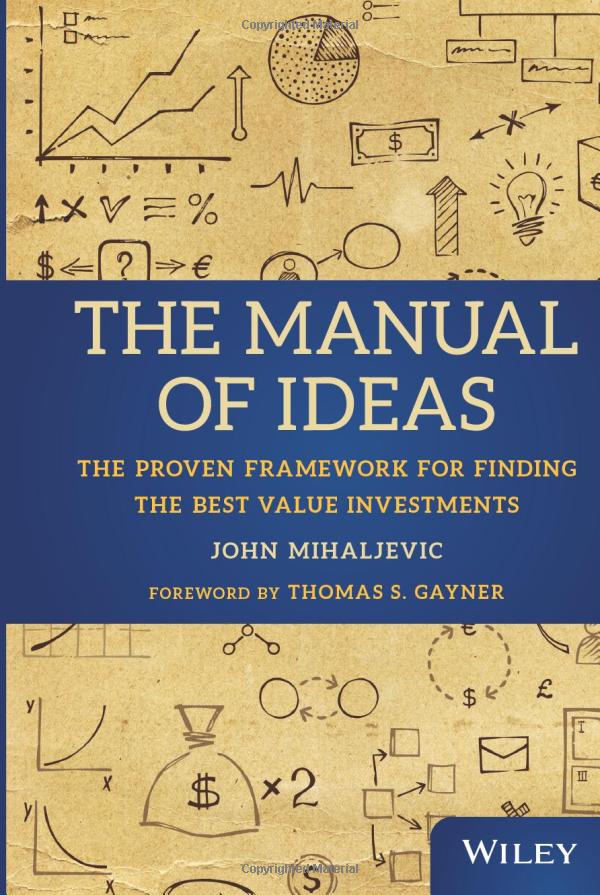
This book provides a comprehensive guide to value investing, with practical insights into how to analyze businesses and find investment opportunities.
- Payback Time by Phil Town
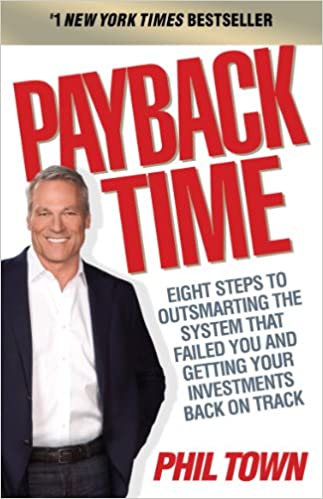
This book offers a step-by-step guide to value investing, with practical advice on how to analyze stocks and build a successful portfolio.
- You Can Be a Stock Market Genius by Joel Greenblatt
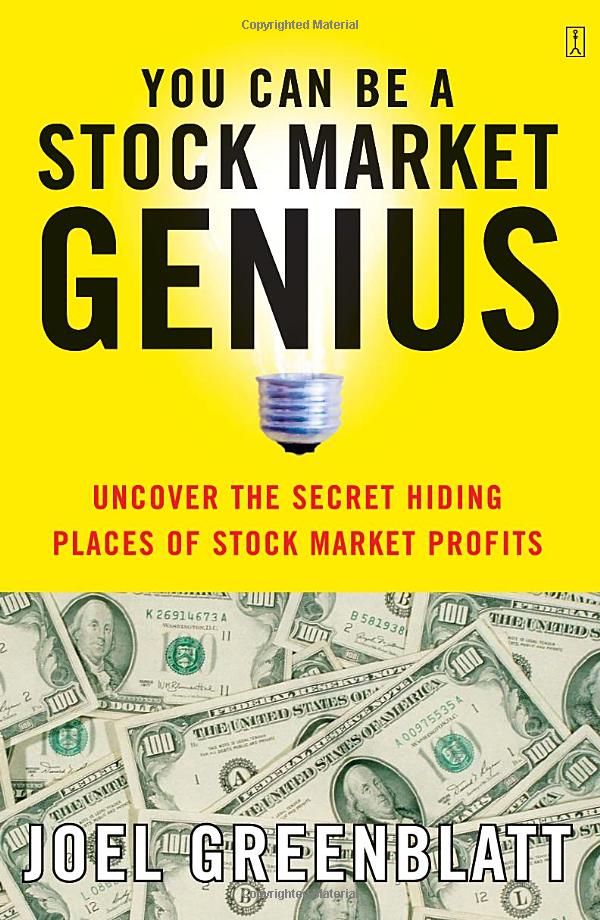
This book offers practical advice on how to find special situations and undervalued opportunities in the stock market, with a focus on spinoffs, restructurings, and other complex investment scenarios.
- The Investor’s Dilemma by Louis Lowenstein
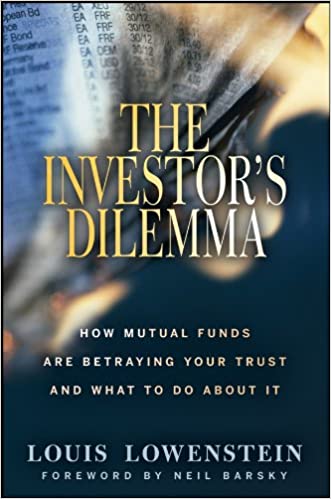
This book examines the investment industry and the incentives that drive it, offering insights into how to avoid common pitfalls and invest for the long-term.
- The Snowball: Warren Buffett and the Business of Life by Alice Schroeder
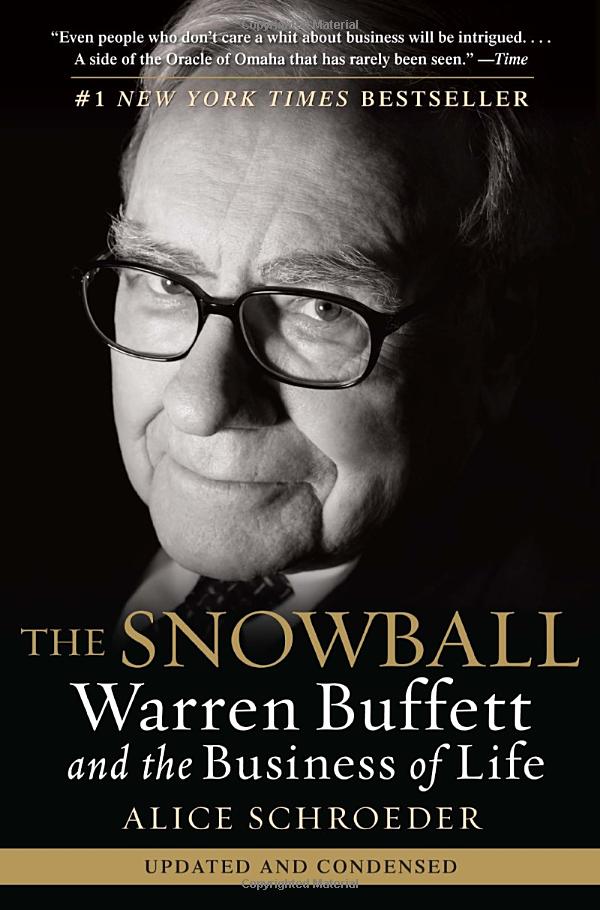
This biography of Warren Buffett provides insights into his life, his investment philosophy, and his approach to business.
- Market Wizards by Jack D. Schwager
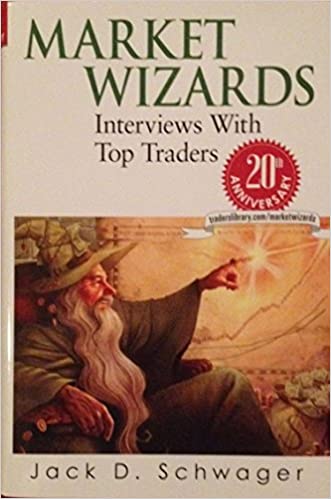
The world’s top trader’s reveal the secrets of their phenomenal success!How do the world’s most successful traders amass tens, hundreds of millions of dollars a year? Are they masters of an occult knowledge, lucky winners in a random market lottery, natural-born virtuosi–Mozarts of the markets?
- Stocks for the Long Run by Jeremy Siegel
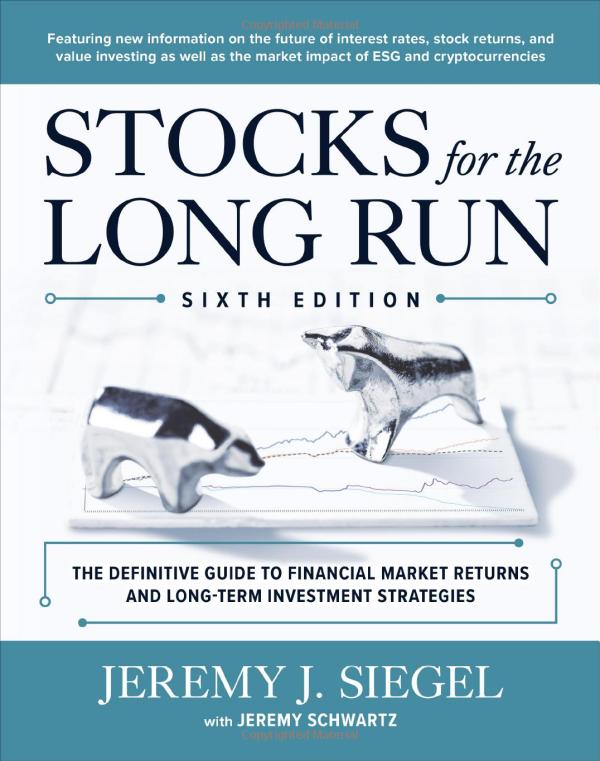
This book provides a comprehensive overview of the historical performance of the stock market, with practical advice on how to build a long-term investment strategy.
- Poor Charlie’s Almanack by Charlie Munger
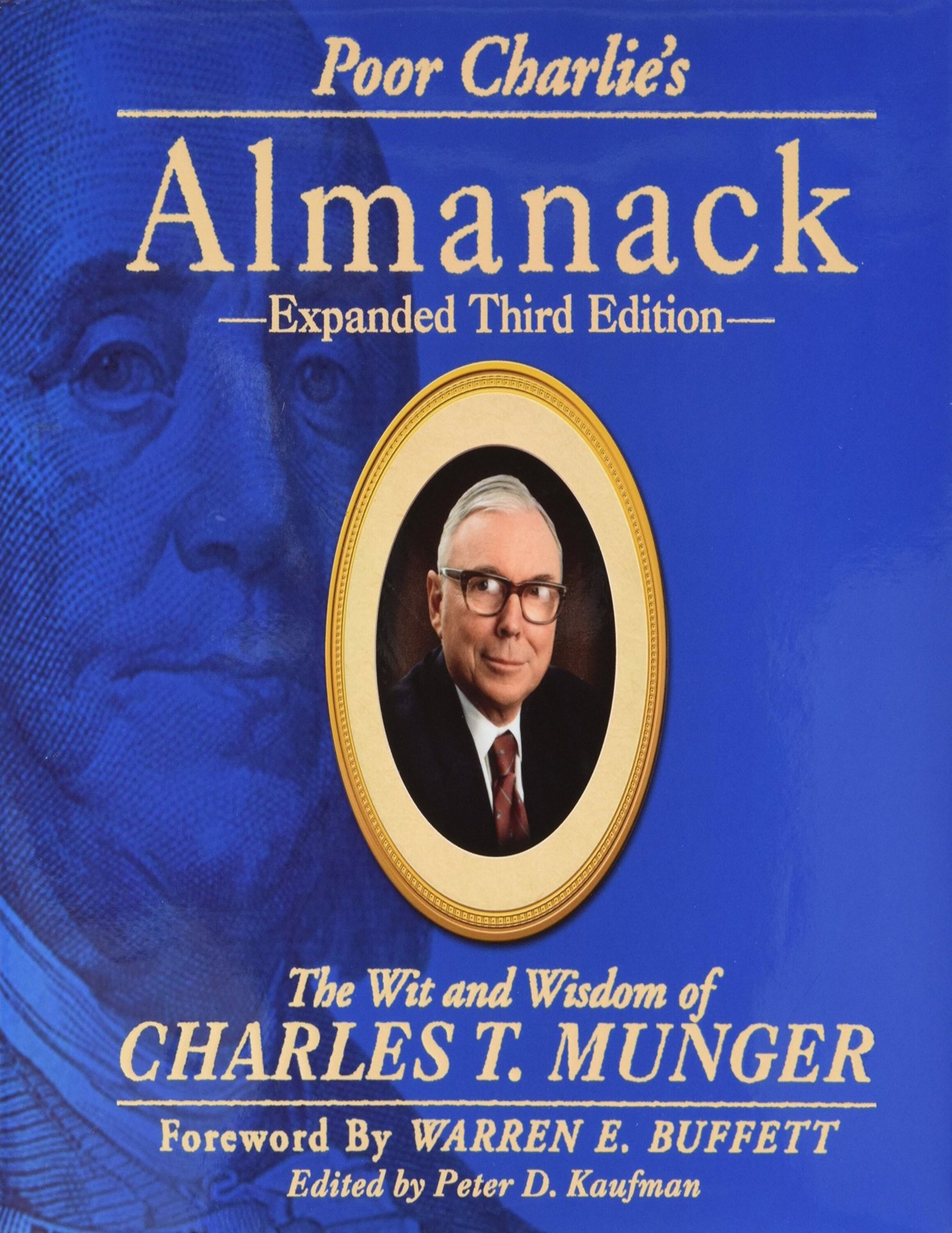
Poor Charlie’s Almanack by Charlie Munger is a collection of Munger’s speeches, essays, and quotes, and provides insights into his investment philosophy and approach to life. Munger is the vice chairman of Berkshire Hathaway and a close collaborator of Warren Buffett. The book covers a wide range of topics, from investing and business to psychology and decision-making. Poor Charlie’s Almanack is a valuable resource for investors and anyone seeking to improve their critical thinking and decision-making skills.
- Principles by Ray Dalio
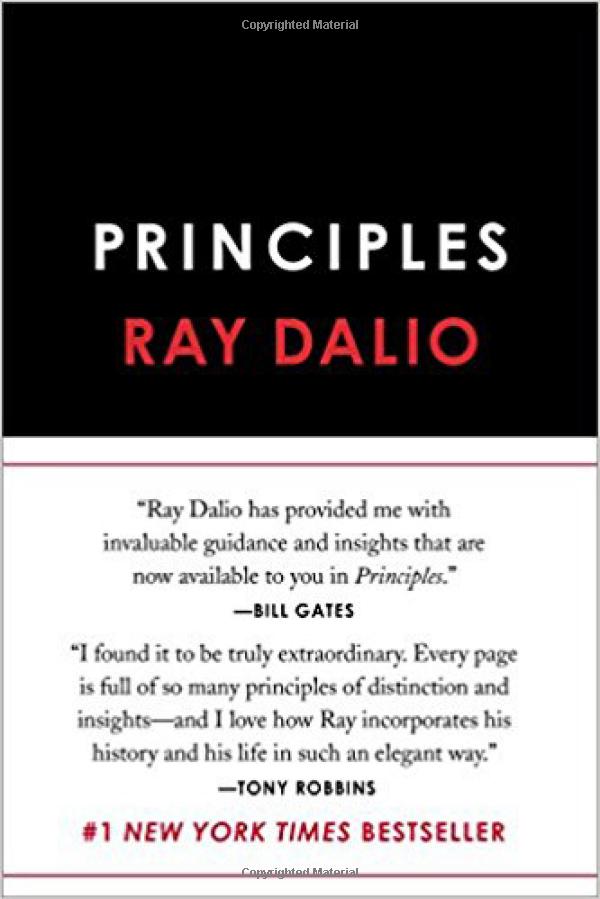
Principles by Ray Dalio is a highly acclaimed book that outlines Dalio’s unique investment philosophy, principles, and practices. Dalio is the founder of Bridgewater Associates, one of the world’s largest and most successful hedge funds. In the book, Dalio shares his principles and practices for decision-making, risk management, and leadership. The book also includes insights into Dalio’s personal journey and the evolution of his investment philosophy over time. Principles is a highly recommended read for anyone interested in investing, decision-making, and leadership.
- Reminiscences of a Stock Operator by Edwin Lefèvre
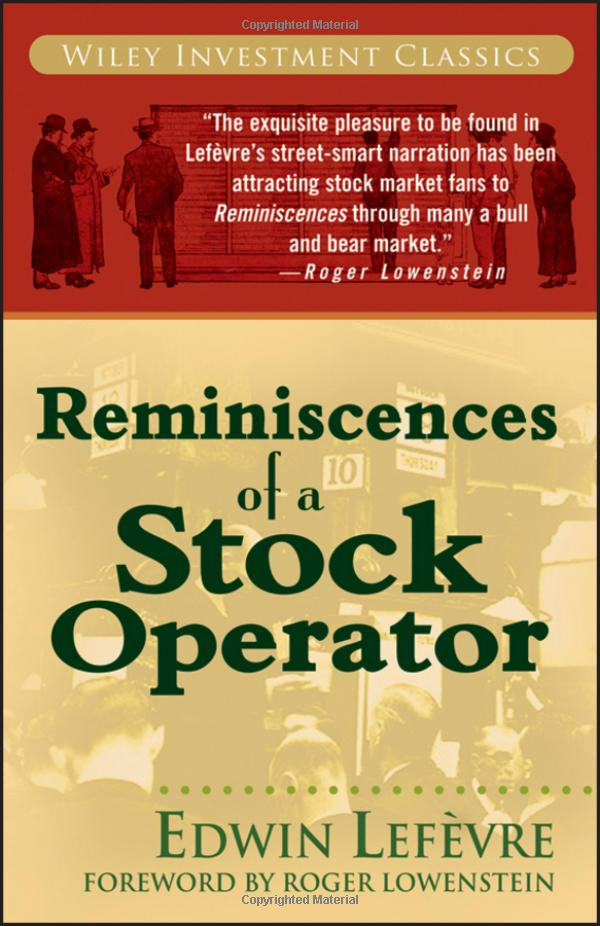
Reminiscences of a Stock Operator by Edwin Lefèvre is a classic investment book that tells the story of Jesse Livermore, one of the most successful traders in Wall Street history. The book is written in a novelistic style and provides valuable insights into Livermore’s trading strategies, tactics, and psychology. The book covers a wide range of topics, from the importance of risk management and emotional control to the impact of news and rumors on market behavior. Reminiscences of a Stock Operator is a timeless classic that has influenced generations of investors and traders.
- Fooled by Randomness by Nassim Nicholas Taleb
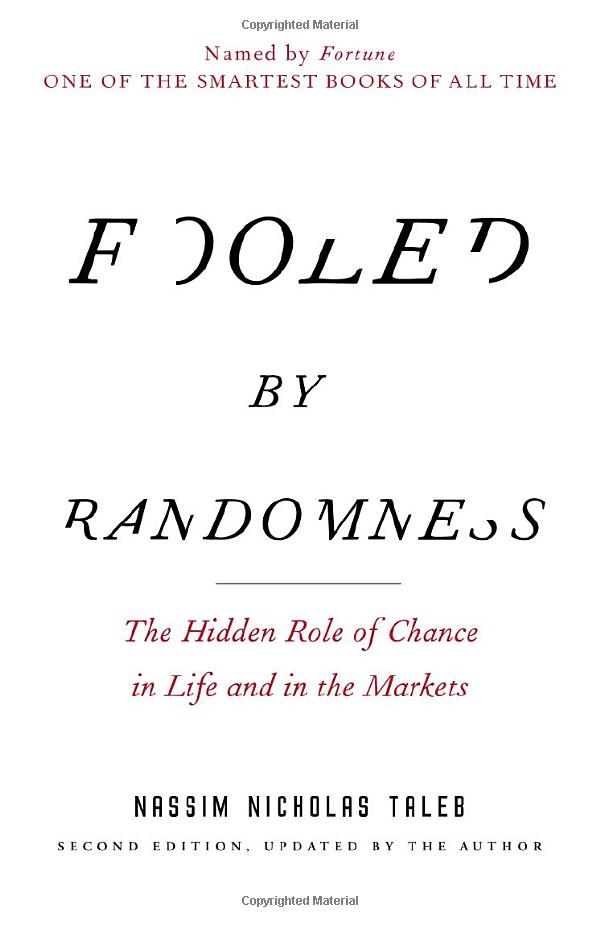
Fooled by Randomness by Nassim Nicholas Taleb is a thought-provoking book that explores the role of luck and randomness in investing and life. Taleb is a former options trader and a professor of risk engineering at NYU’s Tandon School of Engineering. In the book, Taleb argues that many successful investors and traders are often just lucky and that the so-called experts and gurus are often not as skilled as they claim to be. The book challenges the conventional wisdom about investing and emphasizes the importance of understanding and managing risk. Fooled by Randomness is a must-read for anyone interested in investing, risk management, and decision-making.
- Value Investing: From Graham to Buffett and Beyond by Bruce Greenwald
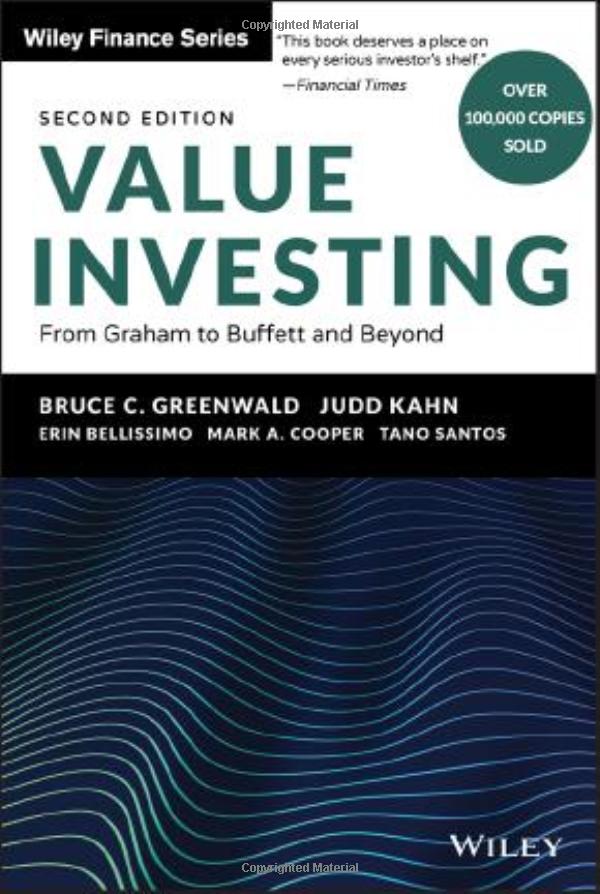
Value Investing: From Graham to Buffett and Beyond by Bruce Greenwald is a comprehensive guide to value investing. Greenwald is a professor of finance and asset management at Columbia University, and the book is based on his popular value investing course. In the book, Greenwald provides a detailed overview of the value investing philosophy, approach, and strategies, as well as practical advice on how to implement these ideas in the real world. The book covers a wide range of topics, from the basics of financial statement analysis and valuation to the importance of patience and discipline in investing. Value Investing is a highly recommended read for anyone interested in value investing and fundamental analysis.
- Buffett: The Making of an American Capitalist by Roger Lowenstein
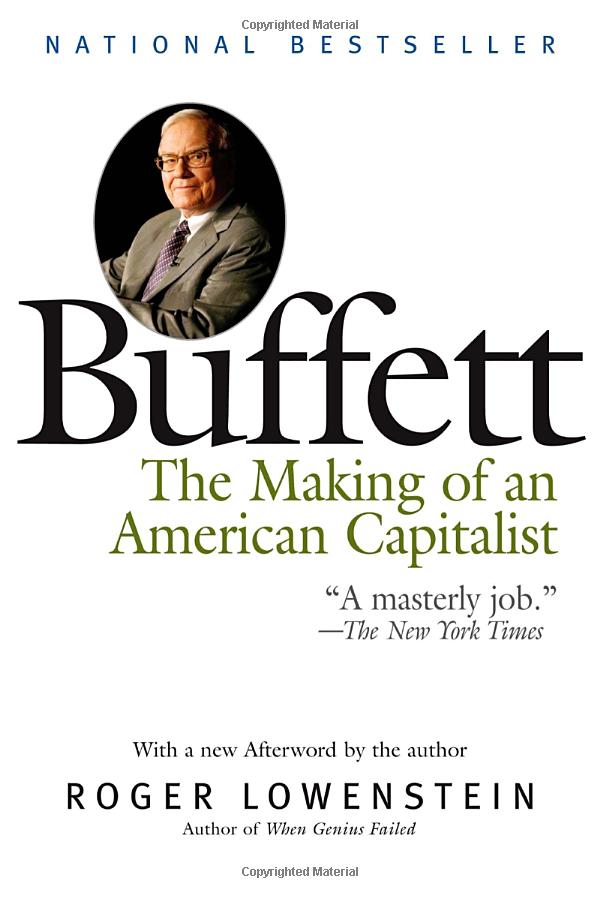
Buffett: The Making of an American Capitalist by Roger Lowenstein is a biography of Warren Buffett, one of the most successful and respected investors of all time. Lowenstein is a financial journalist and author, and the book is based on extensive interviews with Buffett, his family, and colleagues. The book provides a detailed account of Buffett’s life and career, from his childhood in Omaha to his early investments in the stock market to his leadership of Berkshire Hathaway. The book also includes insights into Buffett’s investment philosophy, principles, and practices, as well as his views on business, economics, and society. Buffett: The Making of an American Capitalist is a must-read for anyone interested in Buffett, investing, and business.
- When Genius Failed: The Rise and Fall of Long-Term Capital Management by Roger Lowenstein
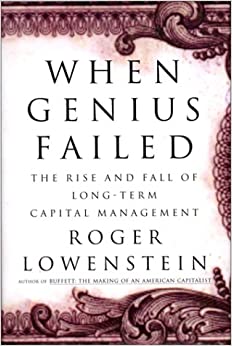
When Genius Failed: The Rise and Fall of Long-Term Capital Management by Roger Lowenstein is a non-fiction book that tells the story of Long-Term Capital Management (LTCM), a hedge fund that was founded in 1994 by a group of traders, academics, and Nobel laureates, including Myron Scholes and Robert Merton. The book provides a detailed account of the events leading up to the collapse of LTCM in 1998, which nearly triggered a global financial crisis. Lowenstein argues that the failure of LTCM was due to a combination of hubris, excessive leverage, and a flawed mathematical model. When Genius Failed is a cautionary tale about the dangers of financial innovation, risk-taking, and overconfidence.
- Common Sense on Mutual Funds: New Imperatives for the Intelligent Investor by John C. Bogle
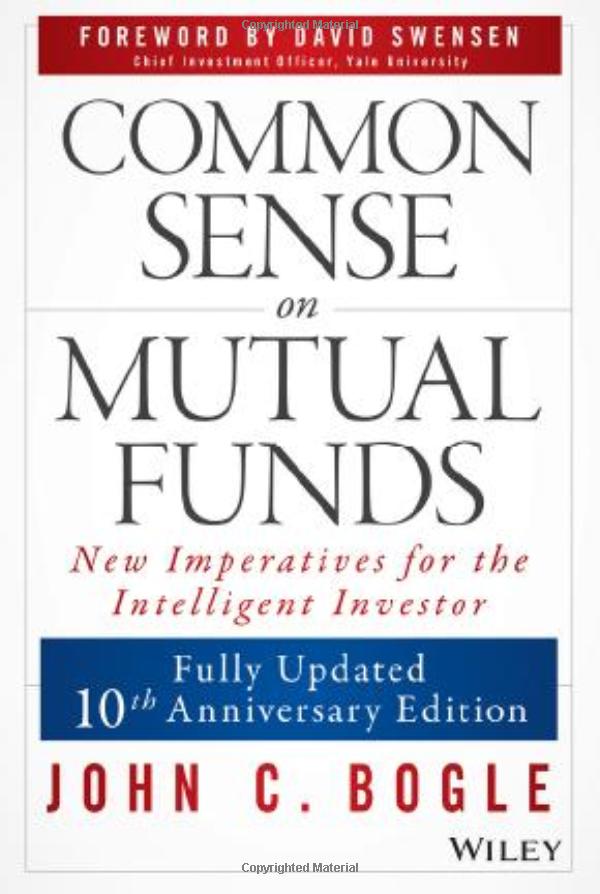
Common Sense on Mutual Funds: New Imperatives for the Intelligent Investor by John C. Bogle is a classic book on mutual fund investing. Bogle is the founder of Vanguard Group, one of the largest and most respected mutual fund companies in the world. In the book, Bogle argues that most mutual funds are too expensive, too complex, and too risky for the average investor. He advocates for a simple, low-cost, and passive approach to investing, which involves investing in index funds that track the performance of broad market indexes such as the S&P 500. Bogle also provides practical advice on how to select and evaluate mutual funds, as well as insights into the history and evolution of the mutual fund industry. Common Sense on Mutual Funds is a must-read for anyone who wants to learn about mutual funds and passive investing.
- Against the Gods: The Remarkable Story of Risk by Peter L. Bernstein
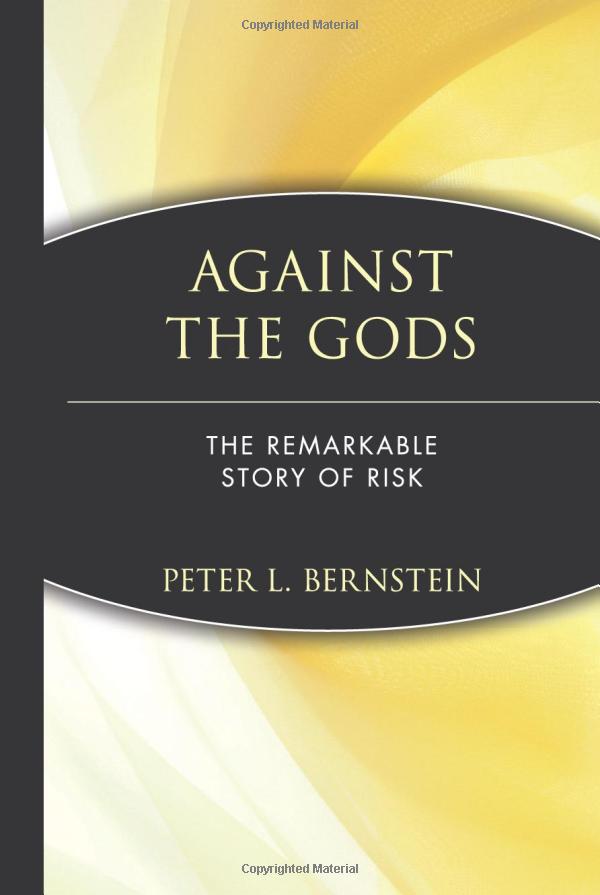
Against the Gods: The Remarkable Story of Risk by Peter L. Bernstein is a non-fiction book that explores the history of risk and probability theory. The book provides a detailed account of how humans have learned to quantify and manage risk, from the ancient Greeks and Romans to the modern era of financial engineering and risk management. Bernstein argues that risk is a fundamental aspect of human life and that the ability to understand and manage risk has been essential to the progress of civilization. He also provides insights into the role of probability theory in science, economics, and finance, as well as its limitations and controversies. Against the Gods is a fascinating and informative book that offers a unique perspective on risk and its impact on human history and society.
- If You Can: How Millennials Can Get Rich Slowly by William J. Bernstein
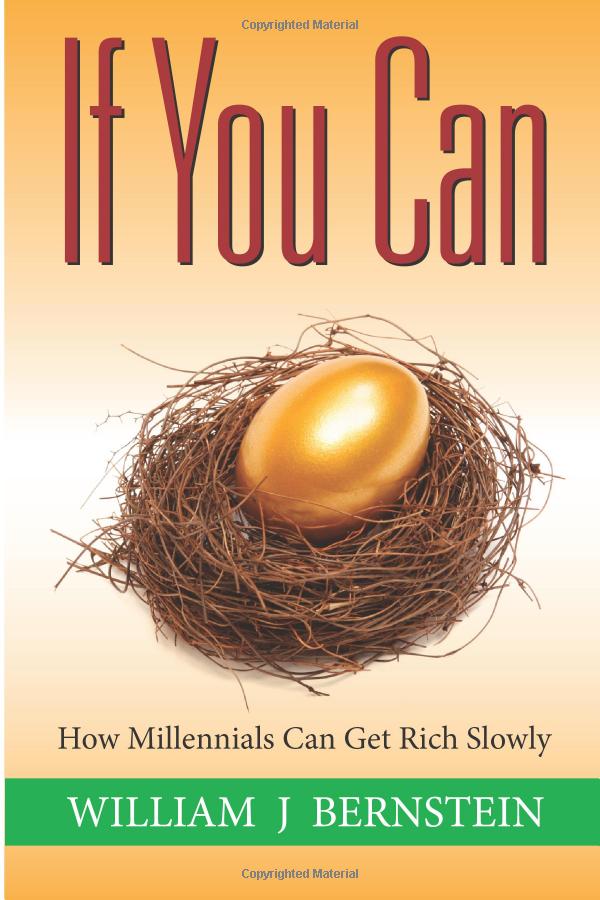
If You Can: How Millennials Can Get Rich Slowly by William J. Bernstein is a short and concise book that offers practical advice on personal finance and investing for young people. The book is written in a simple and easy-to-understand language, and it is based on the idea that achieving financial independence is a matter of discipline, patience, and common sense. Bernstein argues that millennials have a unique advantage when it comes to investing, as they have access to low-cost index funds and other passive investment vehicles that were not available to previous generations. He provides practical tips on how to save money, create a budget, invest in a diversified portfolio, and avoid common financial mistakes. If You Can is a great introductory book for anyone who wants to learn about personal finance and investing, and it is especially useful for millennials who are just starting their careers and building their wealth.
- All About Asset Allocation, Second Edition by Richard Ferri
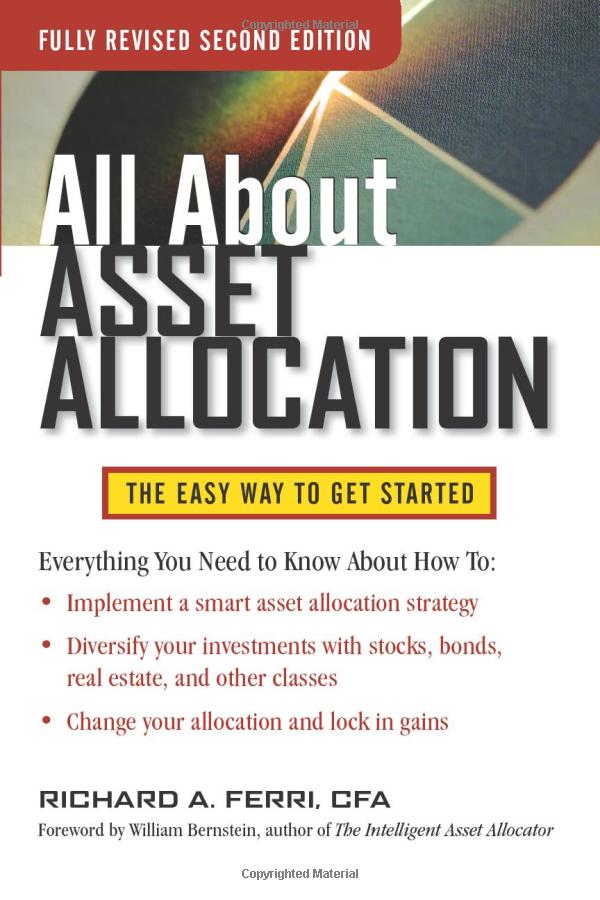
All About Asset Allocation, Second Edition by Richard Ferri is a comprehensive guide to asset allocation, which is the process of diversifying an investment portfolio across different asset classes, such as stocks, bonds, and real estate, in order to manage risk and maximize returns. The book covers the basic principles of asset allocation, including risk and return, asset class characteristics, and portfolio construction. It also provides detailed information on how to create a custom asset allocation strategy that is tailored to an individual’s investment goals, risk tolerance, and time horizon. The second edition of the book has been updated with the latest research and data, and it includes new chapters on alternative investments and international diversification. All About Asset Allocation is a valuable resource for investors of all levels, from beginners to experienced professionals, who are looking to build a well-diversified portfolio that can weather market fluctuations and generate long-term returns.
- The Money Game by Adam Smith (a pseudonym for George Goodman)
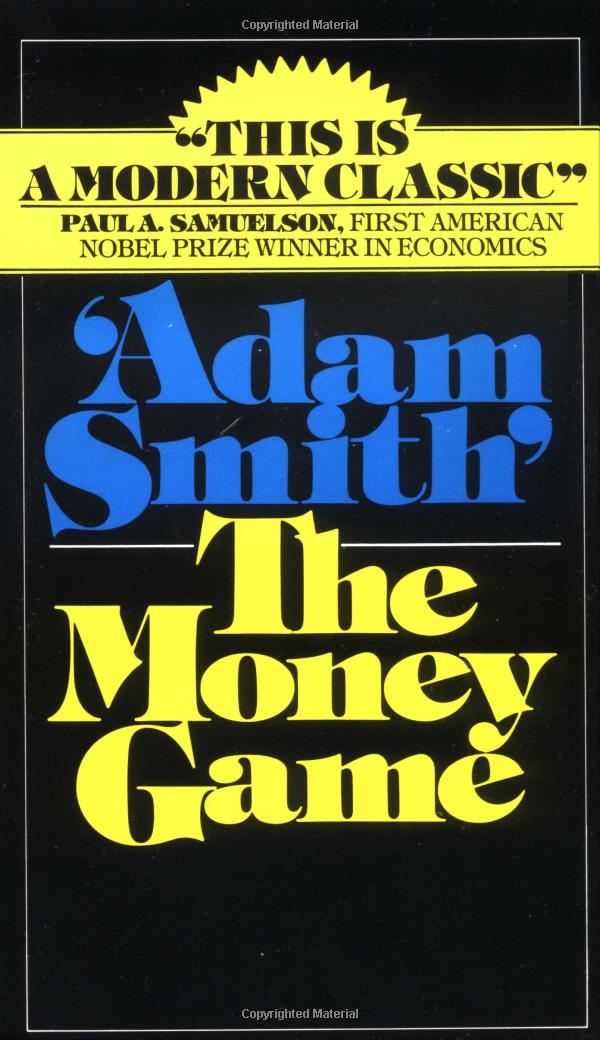
The Money Game by Adam Smith (a pseudonym for George Goodman) is a classic investment book that provides a witty and insightful commentary on Wall Street and the investment industry. Published in 1968, the book is still relevant today, as it offers timeless wisdom and lessons that are applicable to investors of all levels. The book is written in a humorous and conversational style, and it uses a variety of anecdotes, case studies, and personal experiences to illustrate its points. The Money Game covers a wide range of investment topics, including market trends, stock picking, risk management, and the psychology of investing. It also provides insights into the personalities and strategies of some of the most successful investors of the time, such as Warren Buffett and George Soros. The Money Game is a fun and informative read for anyone interested in investing, finance, and the inner workings of the investment industry.
- Extraordinary Popular Delusions and the Madness of Crowds by Charles Mackay

is a classic book that explores the role of social psychology in financial markets. Published in 1841, the book examines a number of historical examples of financial manias and speculative bubbles, including the Dutch tulip mania, the South Sea Bubble, and the Mississippi Company. Mackay argues that these episodes of irrational exuberance were driven by psychological factors such as greed, fear, and herd mentality, rather than rational economic or financial considerations. The book is divided into three parts: “National Delusions,” “Peculiar Follies,” and “Philosophical Delusions,” and it covers a wide range of topics, from alchemy and witchcraft to the stock market and the gold rush. Despite its age, Extraordinary Popular Delusions remains relevant today, as it provides valuable insights into the psychological factors that can influence investor behavior and market trends.
- What Works on Wall Street: A Guide to the Best-Performing Investment Strategies of All Time by James O’Shaughnessy
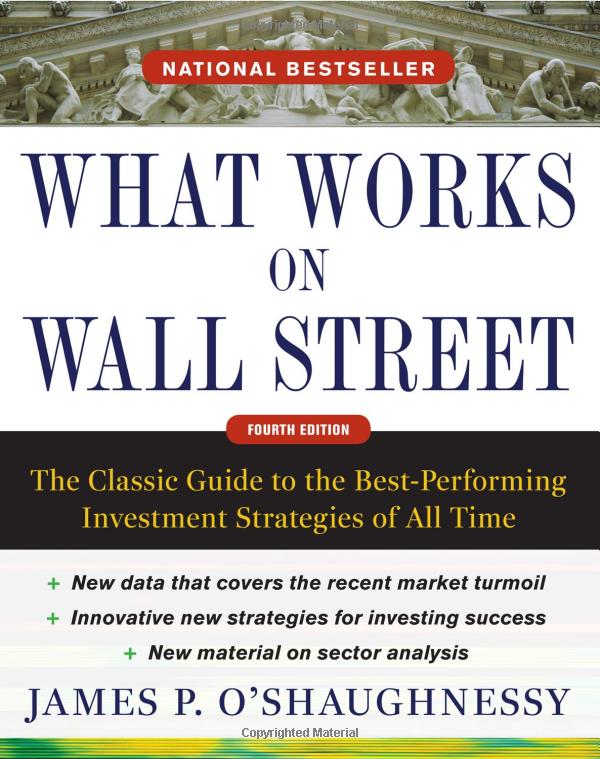
What Works on Wall Street: A Guide to the Best-Performing Investment Strategies of All Time by James O’Shaughnessy is a comprehensive guide to investing that presents a quantitative approach to stock selection. The book is based on extensive research that examines the performance of different investment strategies over long periods of time, and it identifies the strategies that have consistently outperformed the market. The book covers a wide range of investment topics, including value investing, momentum investing, and small-cap investing, and it provides detailed instructions on how to implement these strategies in practice. What Works on Wall Street also includes a number of case studies and examples that illustrate the principles and strategies discussed in the book. The book is aimed at investors who are interested in a systematic and evidence-based approach to investing, and it provides a valuable resource for those looking to develop a long-term investment strategy.
- Buffettology: The Previously Unexplained Techniques That Have Made Warren Buffett the World’s Most Famous Investor by Mary Buffett and David Clark
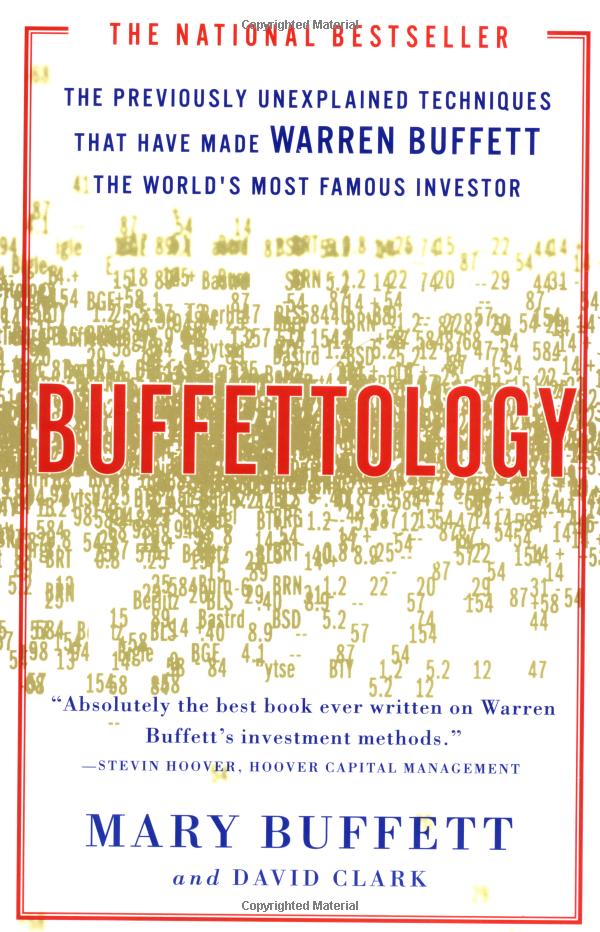
Buffettology: The Previously Unexplained Techniques That Have Made Warren Buffett the World’s Most Famous Investor is a book by Mary Buffett and David Clark that aims to uncover the investment principles and strategies of Warren Buffett. The book provides an overview of Buffett’s life and investment philosophy, and it outlines a number of key concepts and techniques that Buffett has used to achieve his success. These concepts include the importance of investing in high-quality companies with a durable competitive advantage, the use of “owner earnings” as a key valuation metric, and the benefits of a long-term investment horizon. The book also provides detailed analysis of some of Buffett’s most successful investments, including Coca-Cola, American Express, and Gillette. Written in a clear and accessible style, Buffettology is a useful guide for investors who are interested in learning more about Warren Buffett’s investment philosophy and strategies.
- Your Money and Your Brain: How the New Science of Neuroeconomics Can Help Make You Rich by Jason Zweig
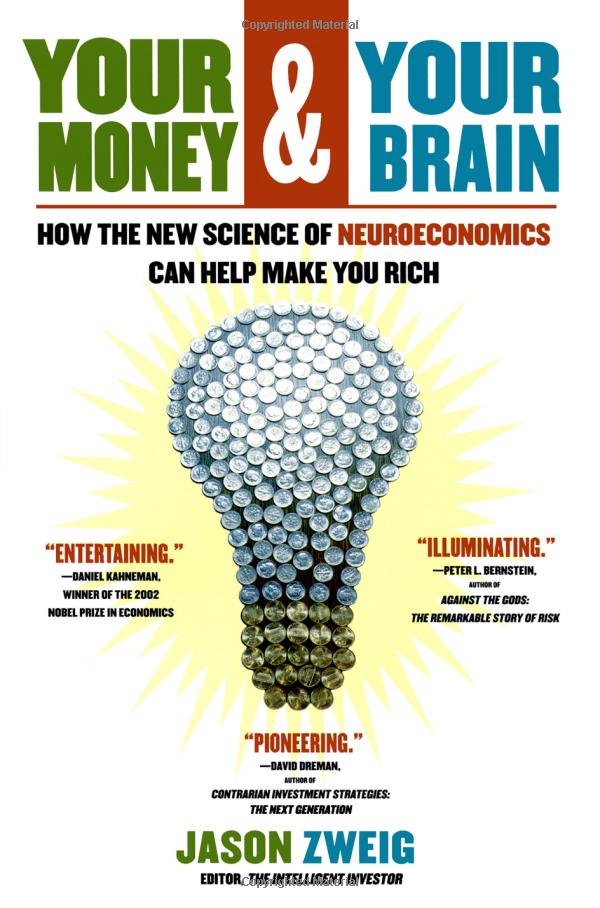
Your Money and Your Brain: How the New Science of Neuroeconomics Can Help Make You Rich by Jason Zweig is a book that explores the intersection between psychology, neuroscience, and investing. The book examines the ways in which our brains are wired to make financial decisions and how we can use this knowledge to become better investors. The author draws on research from fields such as behavioral finance and neuroeconomics to explain why people often make irrational financial decisions and how to avoid common pitfalls. The book covers a wide range of topics, including the psychology of risk-taking, the impact of emotions on investing, and the importance of diversification. It also provides practical advice on how to develop a disciplined investment strategy, how to avoid common cognitive biases, and how to stay focused on long-term goals. Your Money and Your Brain is a useful resource for investors who want to understand the science behind financial decision-making and develop strategies to improve their investment performance.
- The Big Short by Michael Lewis
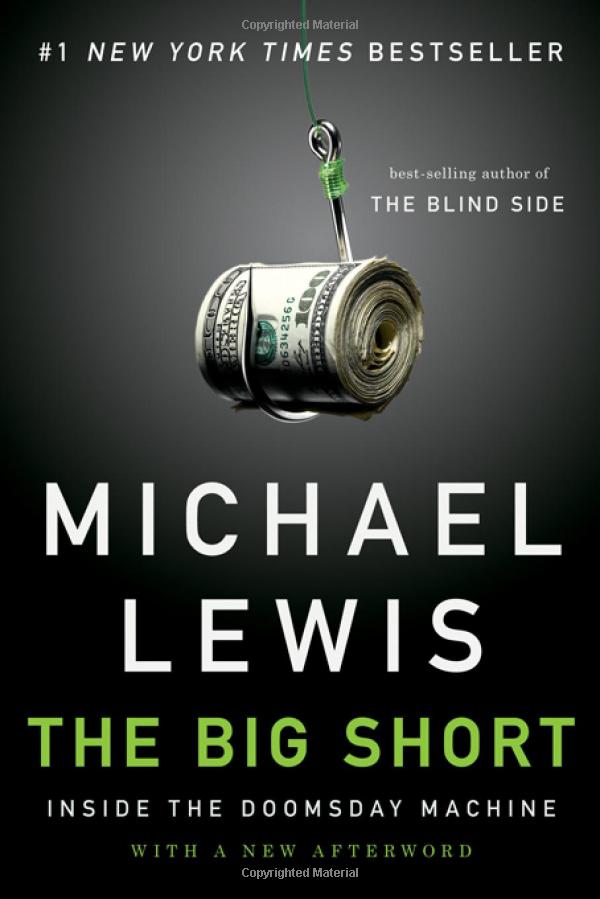
The Big Short is a non-fiction book by Michael Lewis that explores the events leading up to the financial crisis of 2008 through the stories of a group of investors who bet against the housing market. The book follows several individuals who saw the potential for a housing bubble and sought to profit from its collapse. These investors, including hedge fund manager Steve Eisman and investor Michael Burry, used various financial instruments to bet against the housing market, and ultimately made huge profits when the market crashed. The book provides a detailed and engaging account of the financial crisis, examining the complex financial instruments and practices that led to the collapse of the housing market. The author uses personal anecdotes and vivid storytelling to explain complex financial concepts and make the events leading up to the crisis accessible to a general audience. The Big Short is a compelling read for anyone interested in the history of the financial markets and the events that led to the 2008 financial crisis.
- Berkshire Hathaway Letters to Shareholders by Warren Buffett
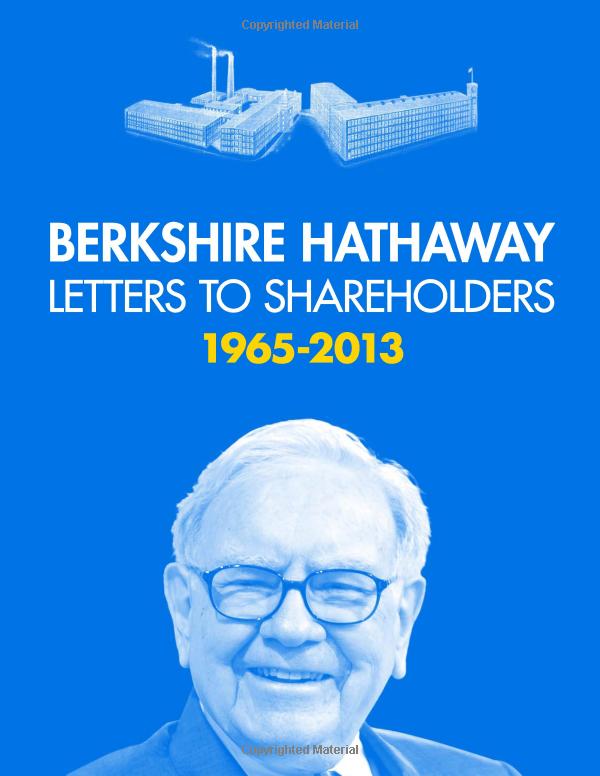
“Berkshire Hathaway Letters to Shareholders” is a series of annual letters written by Warren Buffett, the CEO of Berkshire Hathaway, to the company’s shareholders. The letters cover a wide range of topics related to investing, business, and finance, and are widely regarded as some of the most insightful and valuable writings on investing and corporate strategy.
The letters provide a comprehensive overview of Berkshire Hathaway’s investment philosophy, business practices, and management style, and offer readers a rare glimpse into the mind of one of the most successful investors of all time. The letters also offer valuable lessons on topics such as risk management, corporate governance, and capital allocation.
“Berkshire Hathaway Letters to Shareholders” is a must-read for anyone interested in the world of finance and investing, and is often cited as one of the most influential works on value investing and corporate strategy.
- The Education of a Value Investor by Guy Spier
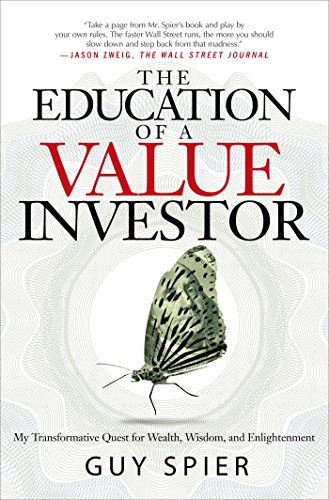
“The Education of a Value Investor” is a memoir by Guy Spier, an investor and founder of the Aquamarine Fund. In the book, Spier recounts his journey from a young finance professional in New York City to a successful value investor, sharing insights and lessons he learned along the way. Spier describes his early experiences working on Wall Street and his disillusionment with the finance industry’s focus on short-term gains and excessive risk-taking. He then details how he discovered the value investing approach and its emphasis on long-term, patient investing in high-quality companies. Throughout the book, Spier shares personal anecdotes, investment strategies, and wisdom he gained from his mentors, including Warren Buffett. He also discusses the importance of mindfulness, ethics, and self-awareness in investing and life. “The Education of a Value Investor” is a valuable resource for anyone interested in value investing and the philosophy and principles that guide successful investors.
- Unconventional Success by David F. Swensen
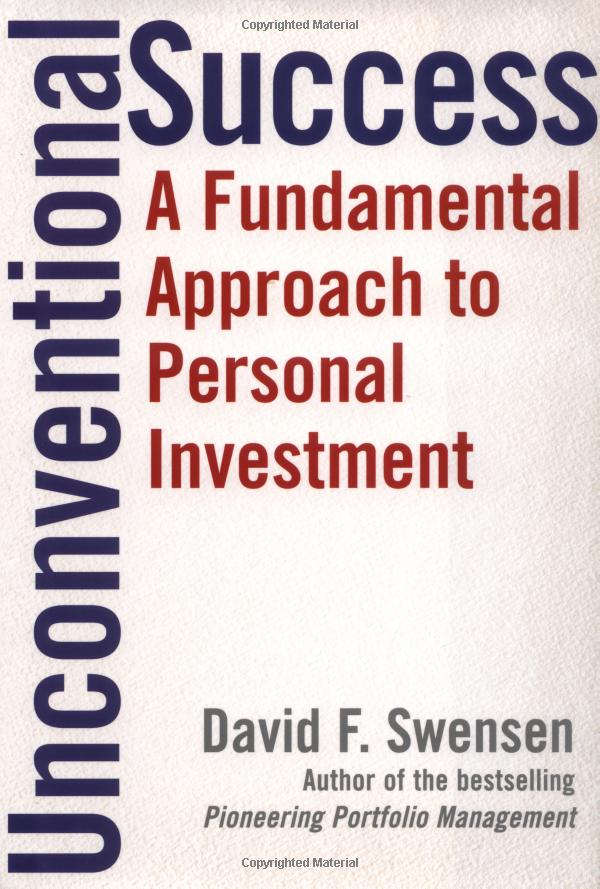
Unconventional Success by David F. Swensen is a guide to investing for individual investors, particularly those investing for retirement. Swensen is the chief investment officer at Yale University and is considered a pioneer of the institutional investment approach for individual investors.
- Manias, Panics, and Crashes: A History of Financial Crises by Charles P. Kindleberger
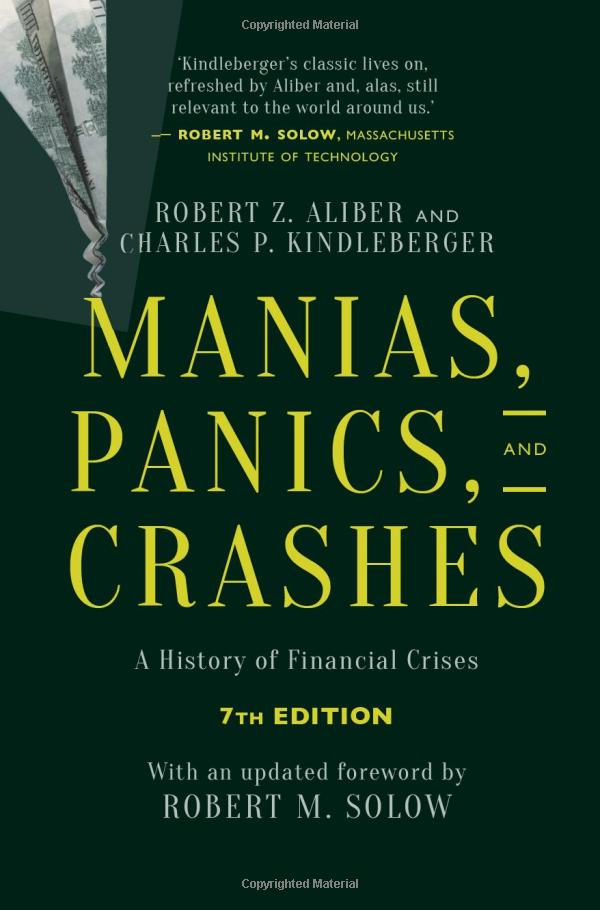
Manias, Panics, and Crashes: A History of Financial Crises is a book by Charles P. Kindleberger that examines the history of financial crises and their causes. The book argues that financial crises are not random events but instead follow a pattern that can be predicted and prevented.
- Antifragile: Things That Gain from Disorder by Nassim Nicholas Taleb
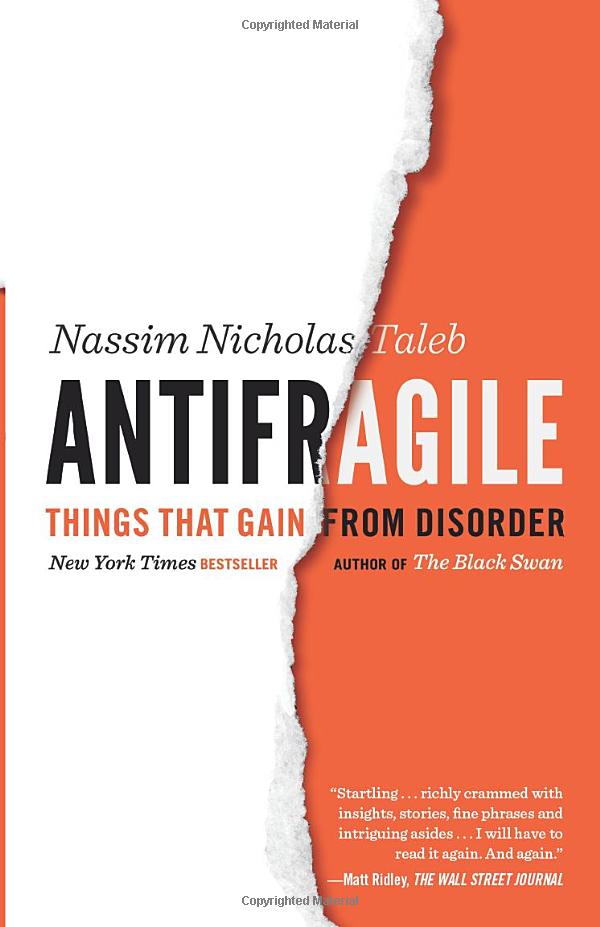
Antifragile: Things That Gain from Disorder is a book by Nassim Nicholas Taleb that challenges the traditional view of risk and uncertainty in finance and investing. The book argues that systems, organizations, and individuals that are antifragile not only survive but thrive in the face of volatility, uncertainty, and disorder. Taleb argues that traditional risk management practices are flawed because they focus on reducing downside risk without considering the upside potential of uncertainty. He proposes that individuals and organizations should embrace uncertainty and volatility, and build resilience through trial and error, redundancy, and diversity.
The book has been influential in the field of finance and investing, and has inspired many to rethink their approach to risk management and portfolio construction. It is a thought-provoking and challenging read that offers a fresh perspective on the role of uncertainty in our lives.
- More Money Than God: Hedge Funds and the Making of a New Elite by Sebastian Mallaby
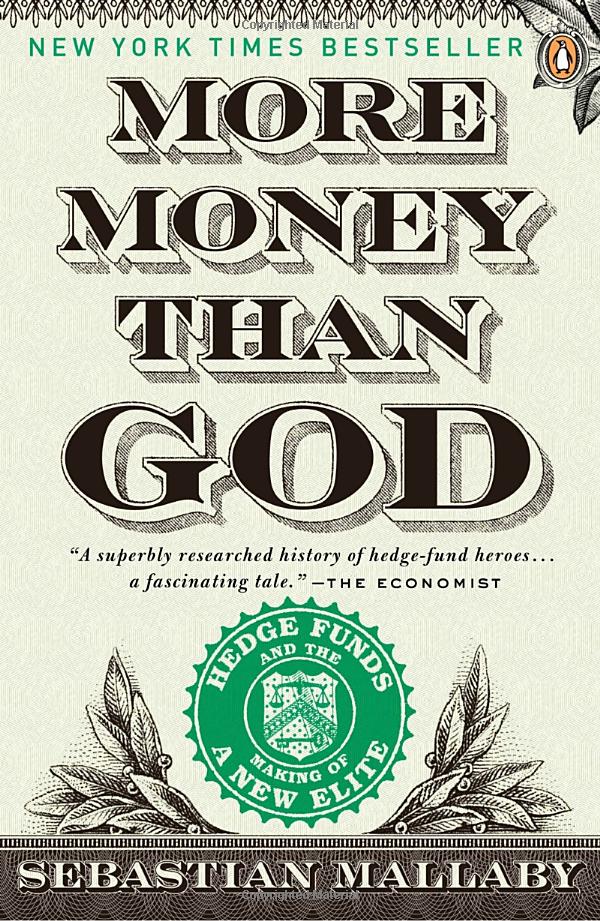
More Money Than God: Hedge Funds and the Making of a New Elite is a book by Sebastian Mallaby that provides an in-depth look at the rise of hedge funds and their impact on the financial world. The book explores the history of hedge funds, their investment strategies, and the key players who have shaped the industry over the years.
- Richer, Wiser, Happier by William Green
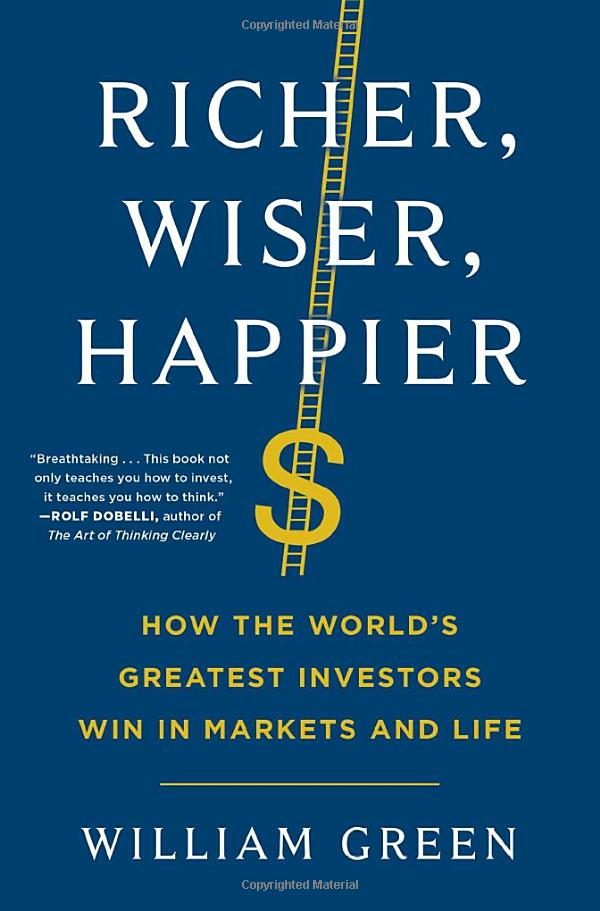
Richer, Wiser, Happier is a book by William Green that explores the investment philosophy and practices of some of the most successful investors in the world. Through a series of interviews and conversations with notable investors such as Howard Marks, Joel Greenblatt, and Mohnish Pabrai, Green shares insights and lessons on how to achieve lasting success in the world of investing.
- Liar’s Poker by Michael Lewis
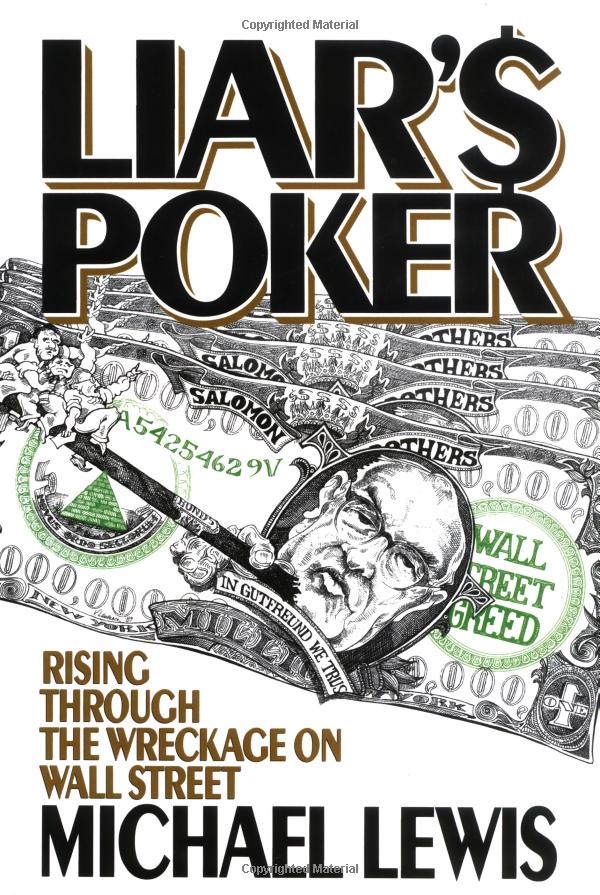
In this shrewd and wickedly funny book, Michael Lewis describes an astonishing era and his own rake’s progress through a powerful investment bank. From an unlikely beginning (art history at Princeton?) he rose in two short years from Salomon Brothers trainee to Geek (the lowest form of life on the trading floor) to Big Swinging Dick, the most dangerous beast in the jungle, a bond salesman who could turn over millions of dollars’ worth of doubtful bonds with just one call.
With the eye and ear of a born storyteller, Michael Lewis shows us how things really worked on Wall Street. In the Salomon training program a roomful of aspirants is stunned speechless by the vitriolic profanity of the Human Piranha; out on the trading floor, bond traders throw telephones at the heads of underlings and Salomon chairman Gutfreund challenges his chief trader to a hand of liar’s poker for one million dollars; around the world in London, Tokyo, and New York, bright young men like Michael Lewis, connected by telephones and computer terminals, swap gross jokes and find retail buyers for the staggering debt of individual companies or whole countries.
- Millionaire Teacher: The Nine Rules of Wealth You Should Have Learned in School by Andrew Hallam
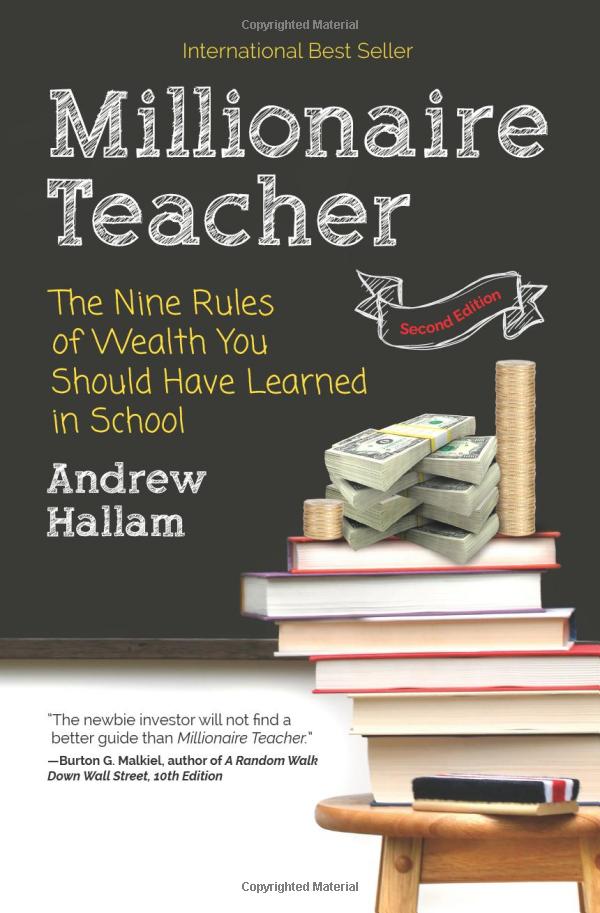
Millionaire Teacher: The Nine Rules of Wealth You Should Have Learned in School by Andrew Hallam
is a personal finance and investing book that emphasizes the importance of index fund investing, diversification, and low fees. Hallam, a high school teacher turned millionaire investor, uses his own experiences and the research of financial experts to provide practical advice for everyday investors. The book is aimed at novice investors, and provides clear explanations of complex financial concepts in an easy-to-understand language.
- Long-Distance Real Estate Investing: How to Buy, Rehab, and Manage Out-of-State Rental Properties by David Greene
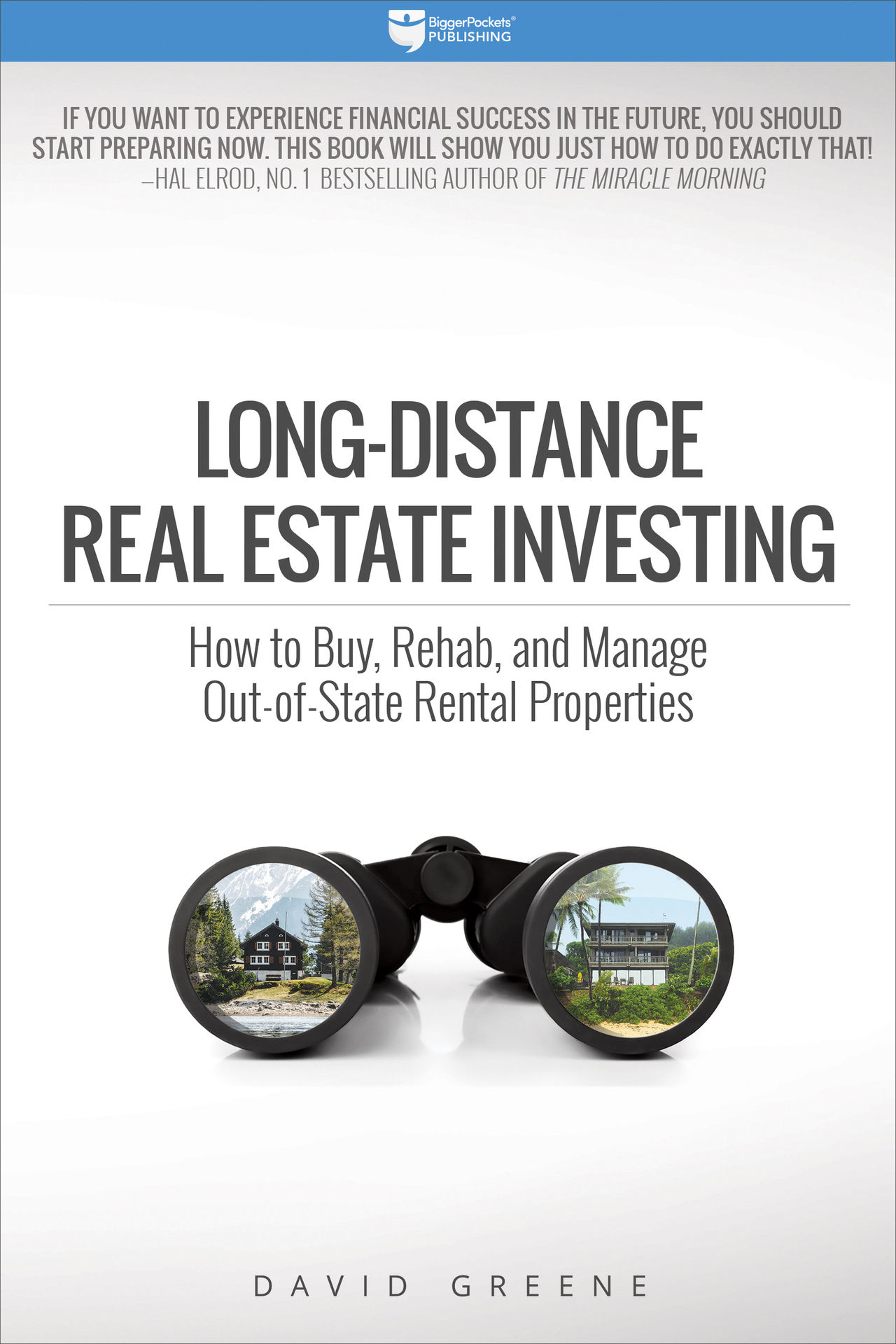
Long-Distance Real Estate Investing: How to Buy, Rehab, and Manage Out-of-State Rental Properties by David Greene is a popular book on real estate investing that covers the strategies and tactics needed to invest in real estate from a distance, without having to be physically present in the location of the property. It provides insights into finding profitable real estate markets, building a team of local experts, managing rental properties remotely, and more.
- Simple Wealth, Inevitable Wealth, Revised Edition
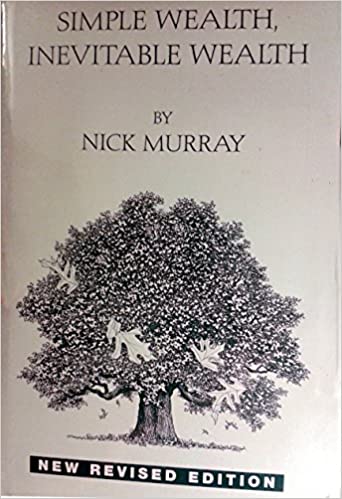
is a book on personal finance and investing by Nick Murray, a financial advisor and writer. The book provides insights and advice on how to build long-term wealth by making sound financial decisions, focusing on the fundamentals of investing, and maintaining a disciplined approach to financial planning. The revised edition includes updated statistics and market data to help readers navigate the ever-changing investment landscape. It also offers practical tips and strategies for investors of all levels, from beginners to experienced professionals.
- Financial Shenanigans: How to Detect Accounting Gimmicks & Fraud in Financial Reports by Howard Schilit
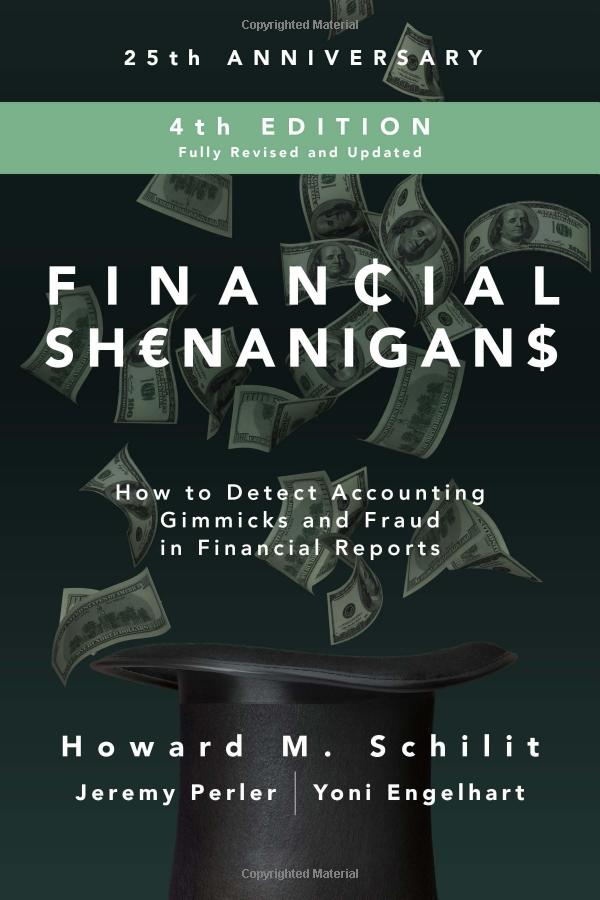
Financial Shenanigans: How to Detect Accounting Gimmicks & Fraud in Financial Reports is a book by Howard Schilit that was first published in 1993. The book provides an in-depth look at how companies can manipulate financial reports to hide their true financial health, and it teaches investors how to spot these accounting tricks before it’s too late. It is widely regarded as one of the best books on accounting and financial analysis, and it has been updated several times to reflect changes in the accounting world.
- The Misbehavior of Markets: A Fractal View of Risk, Ruin and Reward by Benoit Mandelbrot and Richard L. Hudson
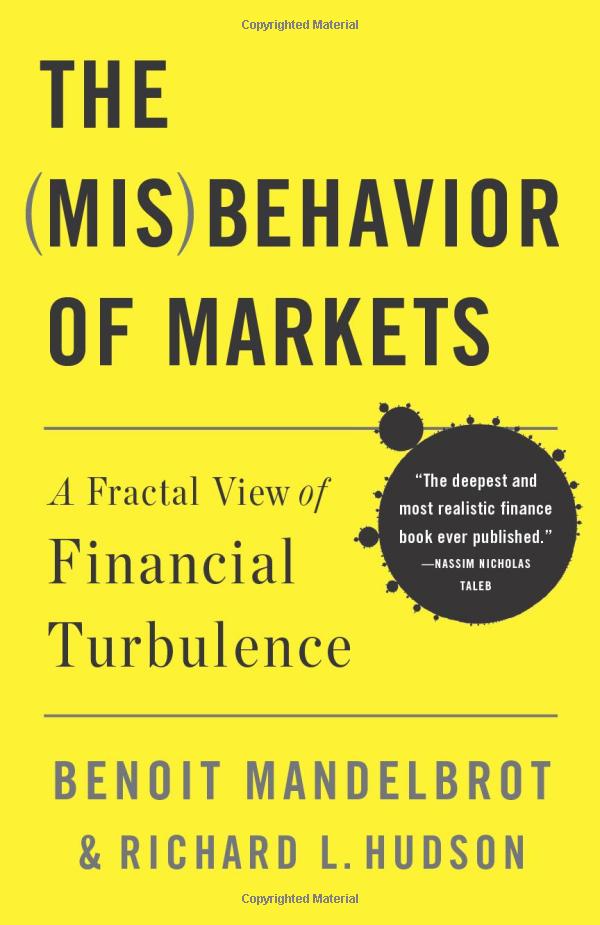
The Misbehavior of Markets: A Fractal View of Risk, Ruin and Reward is a book on finance and investing co-authored by Benoit Mandelbrot and Richard L. Hudson. It provides an alternative view of financial markets by utilizing fractal geometry to explain market behavior, including unexpected events like market crashes. The book also emphasizes the importance of understanding and accounting for the “fat-tailed” nature of financial data, in contrast to traditional models that assume normal distribution.
- Global Asset Allocation by Meb Faber

Global Asset Allocation is a book by Meb Faber that offers a practical guide to investing by examining various asset classes and their performance over time. The book presents a simple yet effective approach to building a diversified investment portfolio that maximizes returns while minimizing risk. It also covers topics such as market timing, diversification, rebalancing, and risk management. Overall, Global Asset Allocation is a great resource for both novice and experienced investors looking to improve their investment strategies.
- The Clash of the Cultures by John C. Bogle
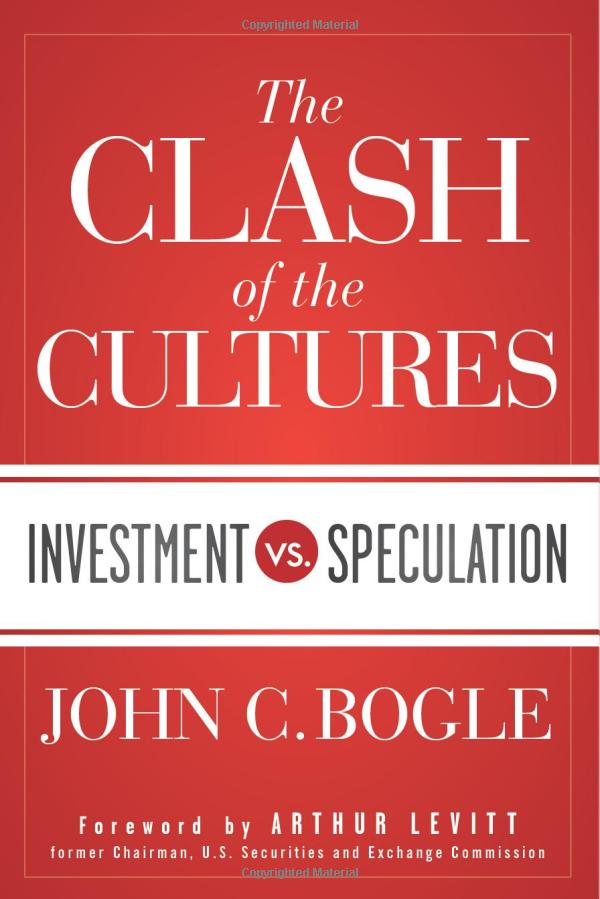
The Clash of the Cultures is written by John C. Bogle. It is a book that argues for a return to long-term, passive investing and a rejection of short-term speculation in the financial markets. The book criticizes the current culture of the financial industry and argues that the focus on short-term profits and trading is harmful to both individual investors and the overall economy. Instead, Bogle advocates for a return to the values of long-term investing and a focus on index funds and other low-cost, diversified investment vehicles.
- Bull by Maggie Mahar
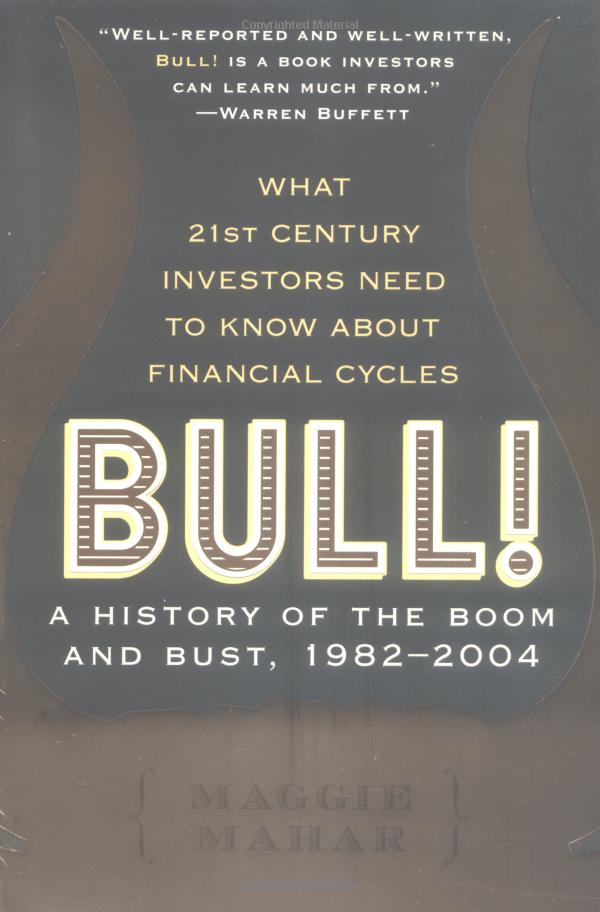
Bull is a book written by Maggie Mahar that examines the history of the stock market and its relationship to the economy, as well as the impact of financial innovation and technological advancements on the market. The book explores the reasons for the market’s volatility and the factors that contribute to the cycles of boom and bust.
- A Wealth of Common Sense by Ben Carlson
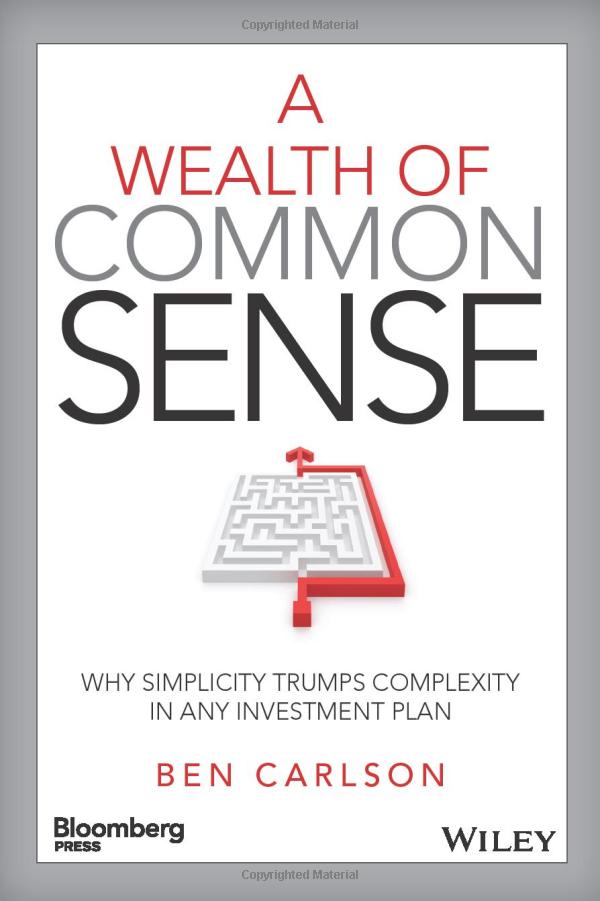
A Wealth of Common Sense by Ben Carlson is a highly recommended investing book that provides practical advice on how to make sound investment decisions in any market condition. It combines insights from behavioral finance, history, and real-life examples to help readers navigate the complex world of investing. The book is an excellent resource for beginners and experienced investors alike who are looking to build long-term wealth through smart investment decisions.
- Get a Financial Life by Beth Kobliner
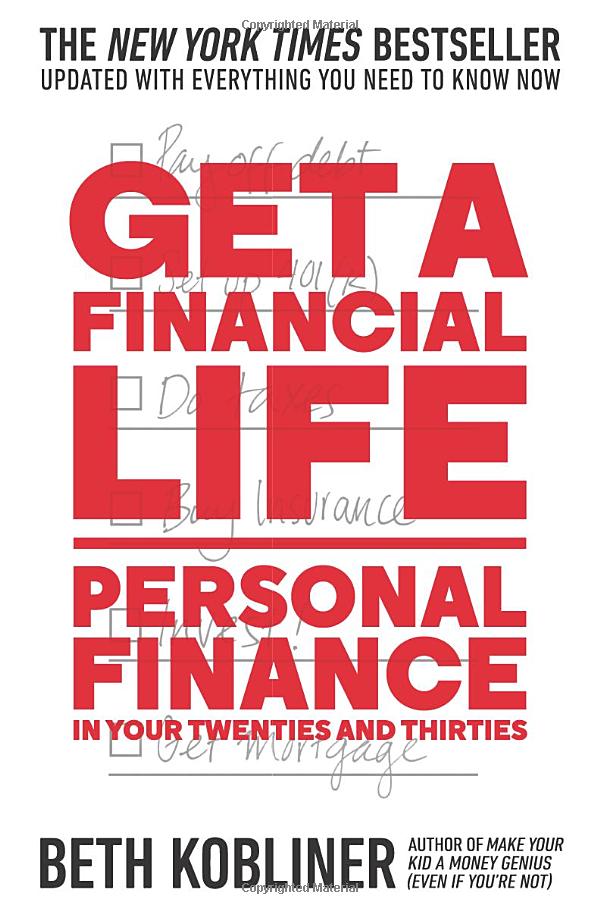
Get a Financial Life by Beth Kobliner is a personal finance book that covers a wide range of topics, including setting financial goals, creating a budget, managing debt, investing, and planning for retirement. It is a practical guide that provides readers with actionable advice and strategies to achieve financial independence.
*Links to books are affiliate links